News
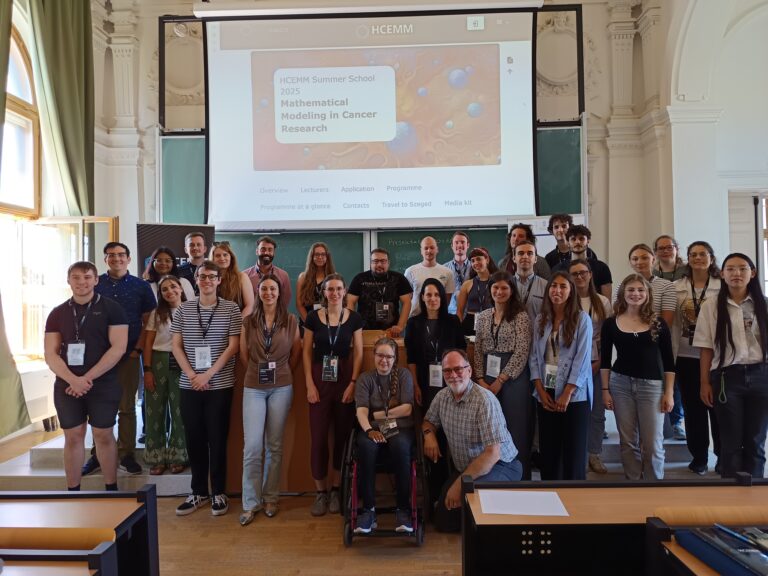
Summer school on the mathematical modeling of cancer
The Hungarian Centre of Excellence in Molecular Medicine (HCEMM) and the National Laboratory for Health Security at the University of Szeged organised an international summer school on mathematical modelling of cancer.
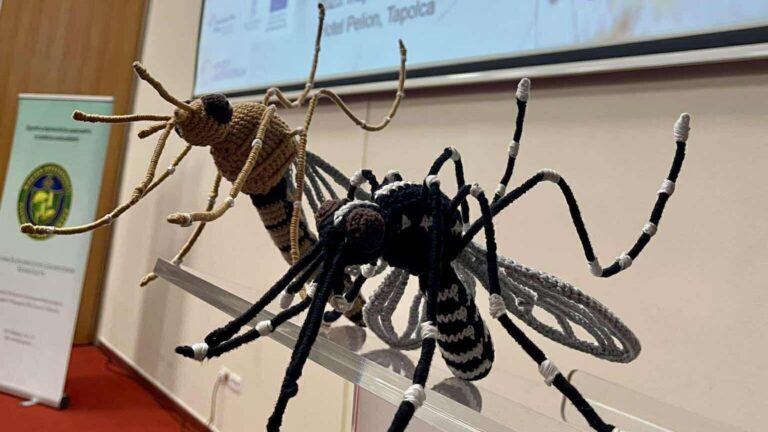
Mosquito Monitor project presented at a national pest control conference
We are pleased to announce that our researchers participated in the 22nd National Conference of the Association of Hungarian Pest Control Operators, which was held in Tapolca, Hungary this year. The event provided us
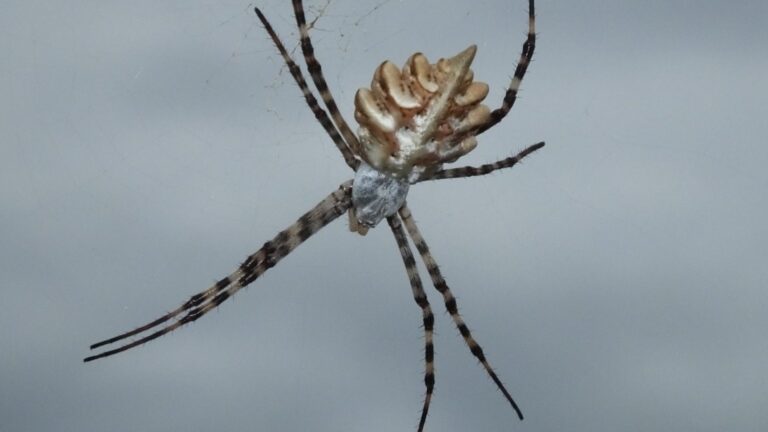
The presence of invasive milkweed affects arthropod traits
In addition to its many direct negative effects, fragmentation of natural habitats can also facilitate the establishment and spread of invasive plants, which can further damage native wildlife. However,
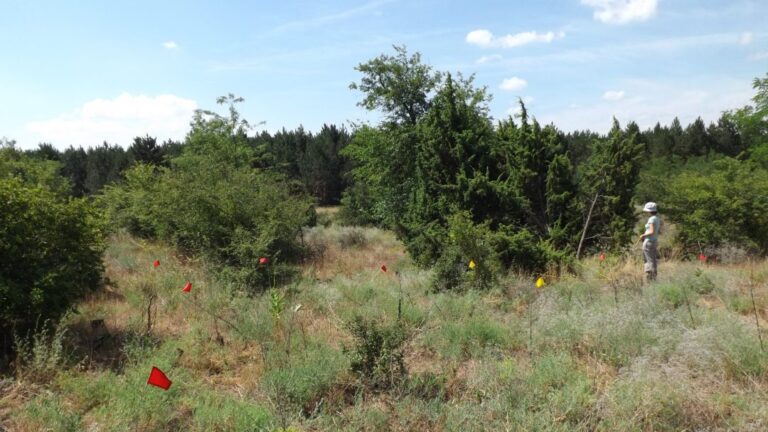
The environmental impact of mowing and drought on sand grasslands
Climate change and biological invasions are two of the most significant challenges facing ecological restoration efforts today. In the sand grasslands of Hungary, these pressures interact in complex ways,

A study by mathematicians at the University of Szeged reveals the chaotic nature of virus evolution
A new model from mathematicians at the University of Szeged uses chaos theory to show how evolutionary balancing between immune evasion and infectivity can lead to new virus variants with unpredictable properties.

Javaslat a kéknyelv-betegség elleni megelőző védekezési stratégia alkalmazására
Az eredetileg Dél-Afrikából származó és a törpeszúnyogok (Culicoides spp.) által terjesztett kéknyelv-betegség vírusa utoljára 2015-ben jelent meg Magyarországon, melynek terjedését sikerült akkor megfékezni. Most a
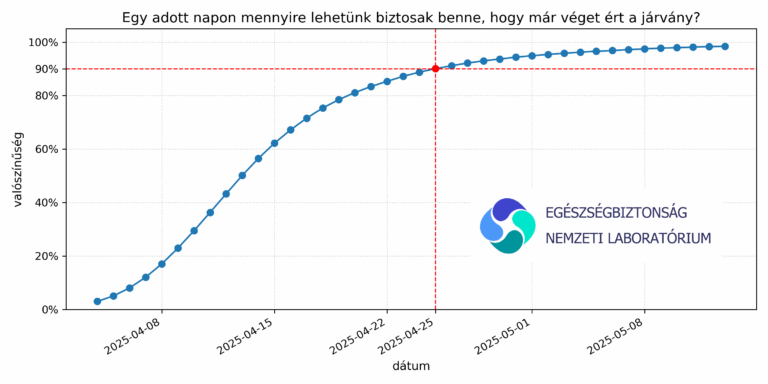
Véget ért-e a ragadós száj- és körömfájás (RSZKF) járvány?
Járványmatematikai gyorselemzés, 2025 április 17. Magyarországon április 2, Szlovákiában április 4 óta nem volt újabb megerősített RSZKF eset. Sokakat érdeklő kérdés, hogy mennyire lehetünk biztosak
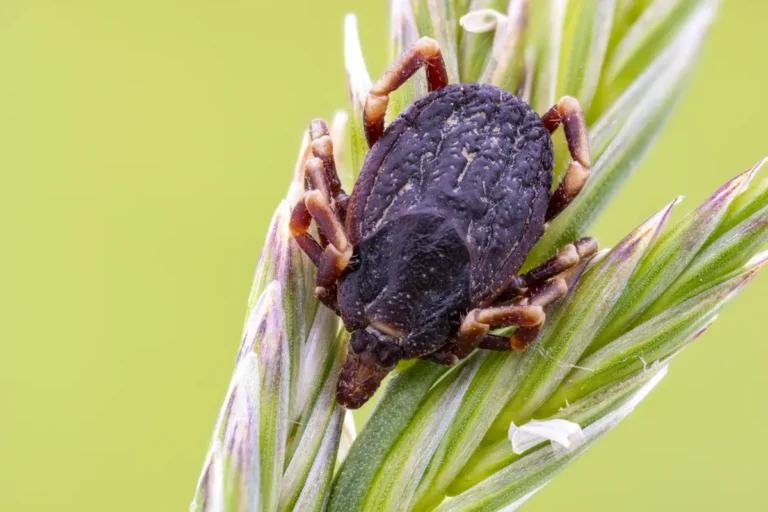
Mystery tick has caused alarm in Hungary
News of a "dangerous albino tick" has hit the internet recently, with some sources claiming that a previously unknown species of tick has appeared in Hungary and could be a vector for Crimean-Congo haemorrhagic fever.
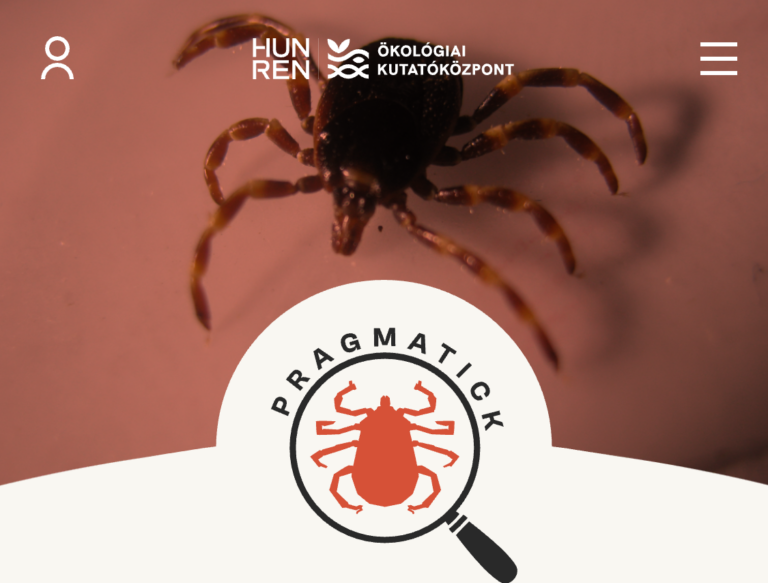
PragmaTick, the new mobile app of Kullancsfigyelő, is launched
The Tick Monitoring Programme of the HUN-REN Ecological Research Centre is in its fifth year, aiming to study the establishment and spread of the newly emerging non-native Hyalomma ticks in Hungary. The research uses the citizen science
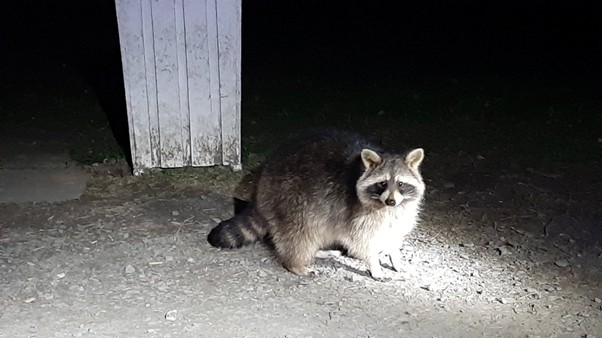
We went to a “raccoon conference” in the place where it all began…
The raccoon is one of the most widespread invasive mammal species in Europe. Its expansion on the continent dates back to 1934, when the first few individuals were released in Germany. Since then, their numbers have grown to several hundred thousand, and they are becoming increasingly common in many other European countries, including Hungary.

The 1st Conference on Invasion Biology and One Biosecurity
The “first of its kind” conference in Hungary enabled nationwide and international discussion on invasive alien species – a cohesive action plan is finally on the horizon
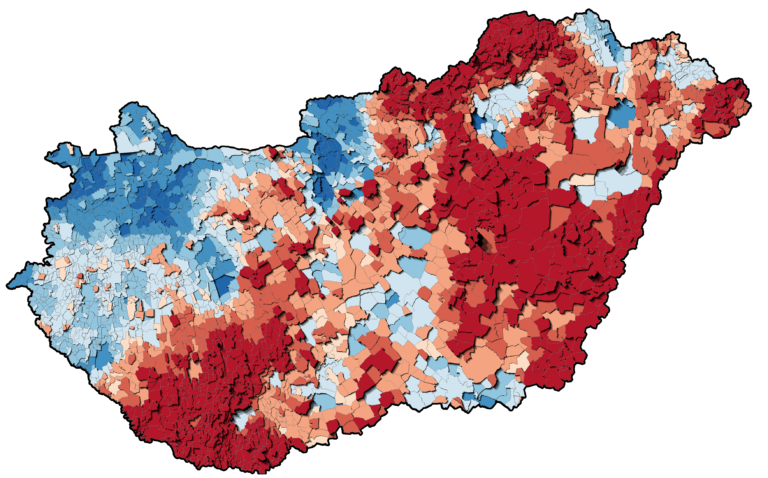
The TÉR-EPI specialized system has started
The TÉR-EPI system measuring the health status of the Hungarian population has been launched. It is a tool to help better understand and improve the health status of the Hungarian population.

A sensational Hungarian epidemic model has been created that could answer many of our questions
A new kind of data-driven epidemic model has been developed by Hungarian mathematicians to help better understand the impact of epidemics on society. While previous models have mainly considered the impact of age groups,

"Not as spectacular as a covid epidemic, but a huge problem" - the number of invasive species is growing rapidly
Nutria, harlequin ladybirds, red swamp crabs, tiger mosquitoes, or Spanish slugs - we increasingly encounter species that are not native to our country, and their presence is usually not good news for local ecosystems,
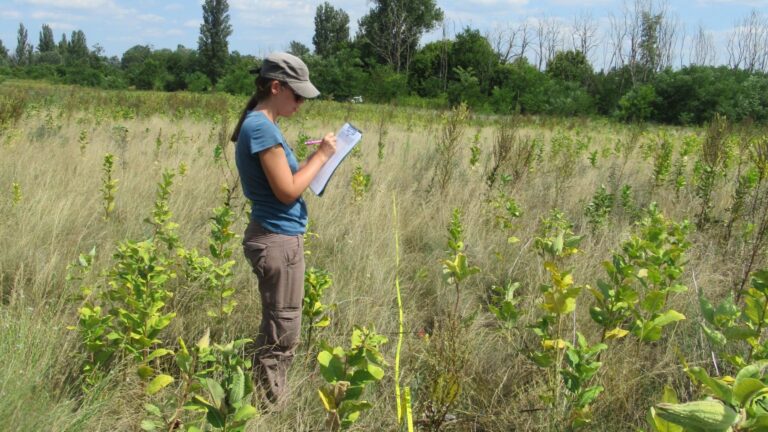
New study on the presence of invasive species in areas of habitat restoration in Kiskunság
The loss of biodiversity on our planet is partly due to the presence and spread of alien invasive species. Once an invasive species has established in a new habitat, it can alter the structure and function

Cloth-dispersed seeds of invasive plant species can survive laundry washing
Seeds of plant species are often dispersed unintentionally on our clothes, which thanks to the increasing mobility of people, can be important events in the process of biological invasions.
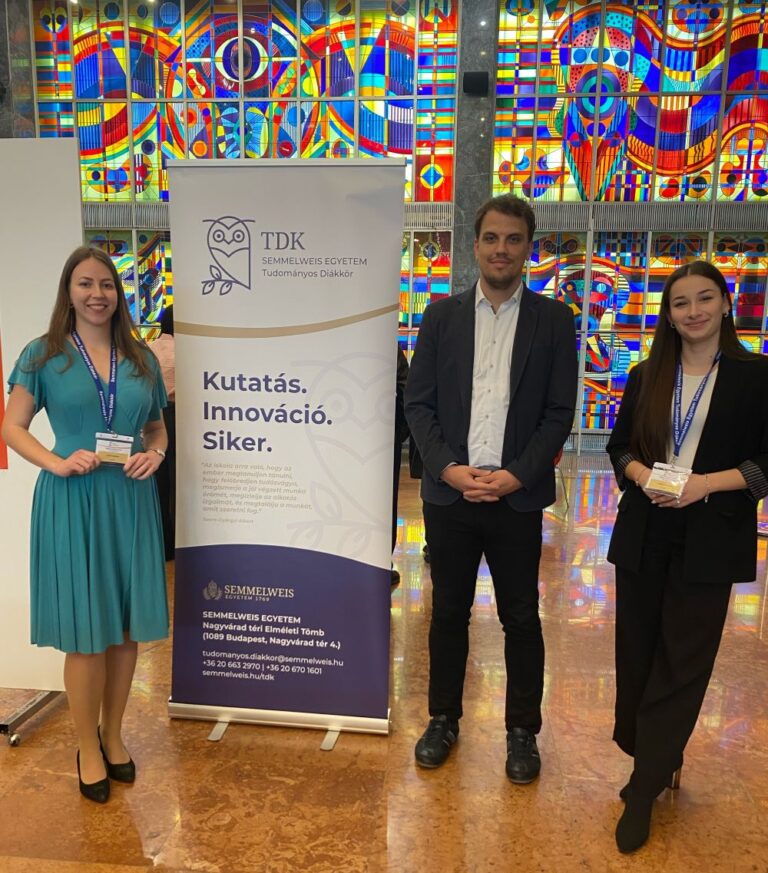
The opportunities and challenges of artificial intelligence applications at the Students’ Scientific Conference (TDK)
Szilvia Gyöngyös achieved 3rd place in the Data-driven Healthcare section of the TDK conference held at the Semmelweis University on 7 February 2025.

It matters where we live...
Our living situation also affects how we survive a pandemic, according to a new model from the Rényi Mathematical Research Institute. The combined effect of several individual characteristics

The launch of MASZK2.0
Our researchers have launched a new version of the MASZK online epidemiological questionnaire.

Gergely Röst on the Rapid-Grip HU-rizont project
Our colleagues can play an important role in modelling future pandemics. Our scientific director, Gergely Röst talks about the Rapid-Grip HU-rizont project in an interview on the University of Szeged website.
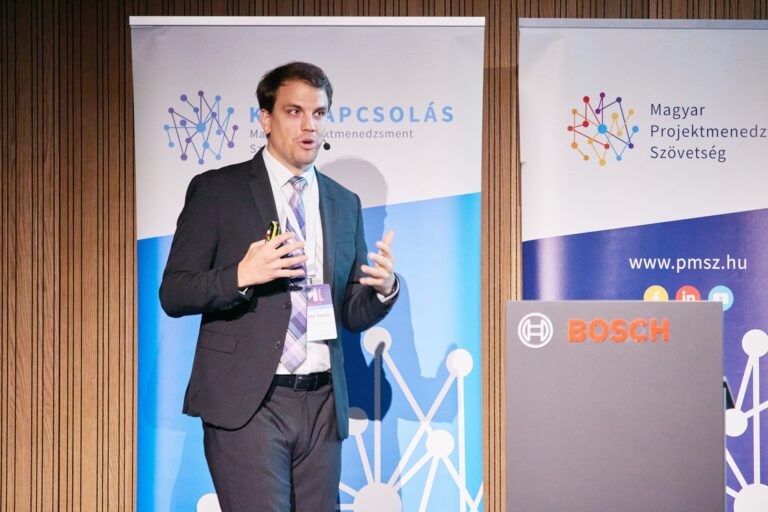
Dr. Tamás Joó gave a presentation about the Artificial Intelligence and Digitalization in Project Management
Dr. Tamás Joó, data-driven health expert gave a presentation about the present and future of data-driven healthcare on 25 November 2024 at the Bosch Budapest Innovation Campus.
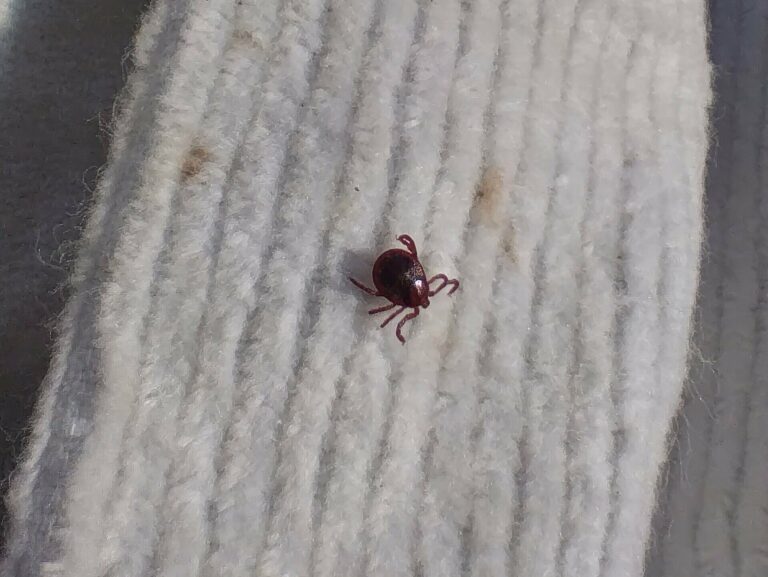
This tick sucks our blood even in the freezing cold
"The tick danger is a summer phenomenon." - many people think, but they are wrong. There is a species of tick, the winter tick, that is specifically adapted to the cold months. An article in Turista
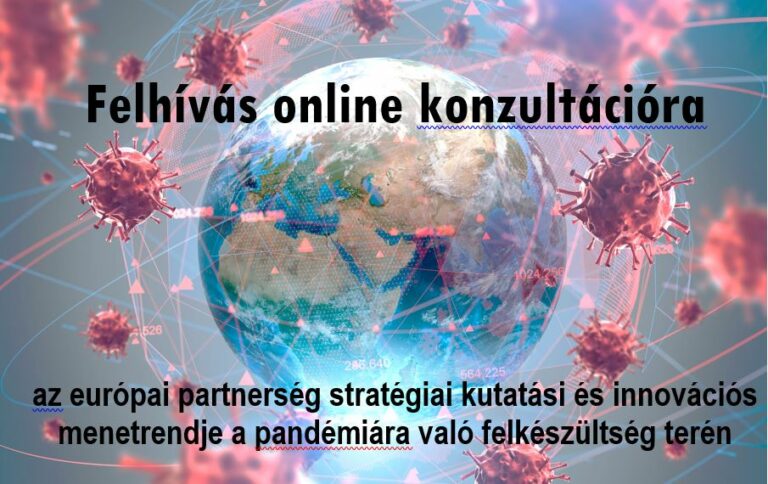
Call for online consultation
A Strategic Research and Innovation Agenda (SRIA) for pandemic preparedness has been completed, intended to serve as the central document of an upcoming European partnership on this topic. Its goal is to define the thematic priorities and strategic objectives of the partnership and act as a guiding document for improving pandemic preparedness within the European research ecosystem.
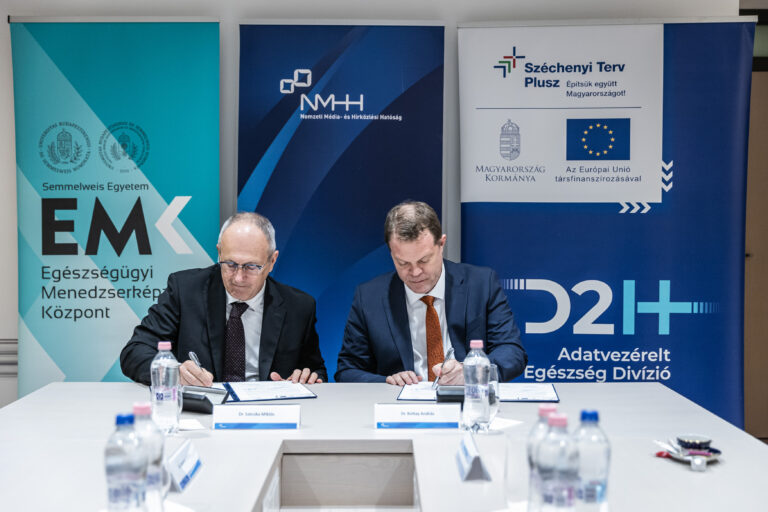
Cooperation agreement between Semmelweis University and the National Media and Infocommunications Authority for the development of the healthcare and infocommunications sectors
Dr. Miklós Szócska, Dean of the Faculty of Health and Public Administration at Semmelweis University (SE EKK), and Dr. András Koltay, President of the National Media and Infocommunications Authority (NMHH), have signed a cooperation agreement to strengthen professional relations between the healthcare and infocommunications sectors and to advance consumer decision-making and digital competencies.

Artificial Intelligence: the cooperation between Humans and Machines at the Science Expo
Dr. Miklós Szócska participated in the panel discussion entitled Artificial Intelligence: the cooperation between Humans and Machines at the Science Expo held in Budapest in the Museum of Fine Arts.

Innovative Technologies in Healthcare: AI and Beyond
Dr. Miklós Szócska was invited to speak at the seminar entitled “Innovative Technologies in Healthcare: AI and Beyond” hosted by the Hungarian Presidency of the Council of the EU 2024, held at the Permanent Representation of Hungary to the European Union in Brussels.
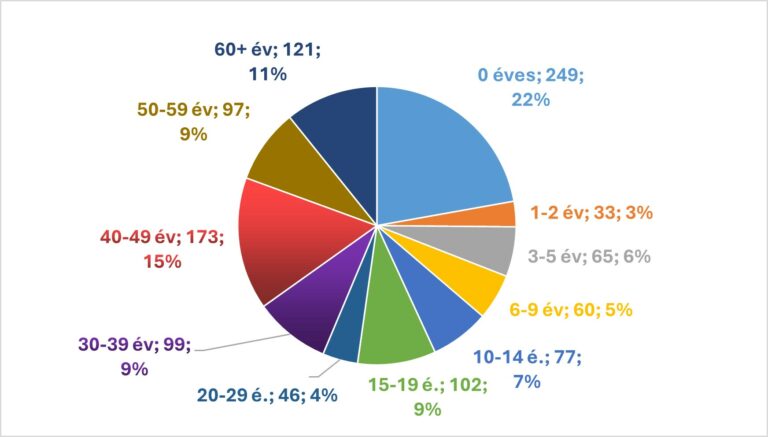
What do you need to know about whooping cough and its incidence in Hungary?
The number of pertussis cases is rising dramatically. Our colleagues' assessment of the situation is available on the Semmelweis University Centre for Epidemiology and Surveillence website.

The 9th eHealth Security Conference was organised in Budapest on 6 November 2024
The conference, which attracted international participants, provided a unique opportunity for the stakeholder community to explore the latest developments in ehealth and cybersecurity, the current challenges and the opportunities for the future.
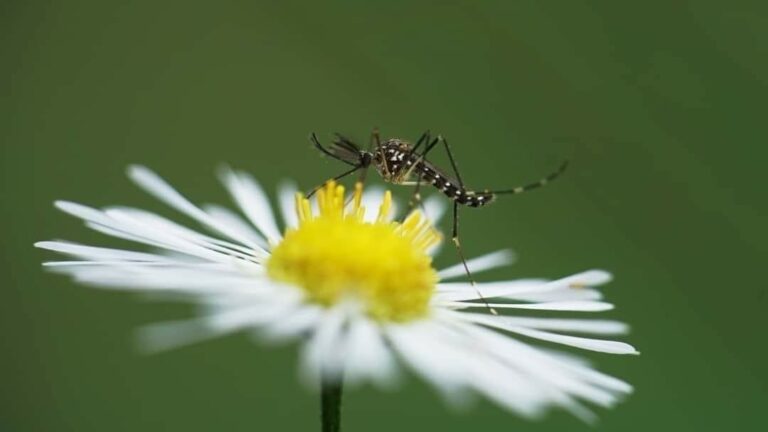
Potential distribution of invasive tiger mosquitos
Invasive mosquito species already established in Hungary can pose a significant threat to human and animal health due to their potential role in the pathogen transmission. Researchers from the HUN-REN Ecological Research Centre and the University of Pécs, part of the Invasion Biology Division of the National Laboratory for Health Security,

New epidemics: is the disease or its aftermath more dangerous?
Beatrix Oroszi was interviewed by InfoRádió-InfoStart. The Hungarian video is available here, and the 444.hu article about the interview here. (Photo: InfoRádió/Youtube)
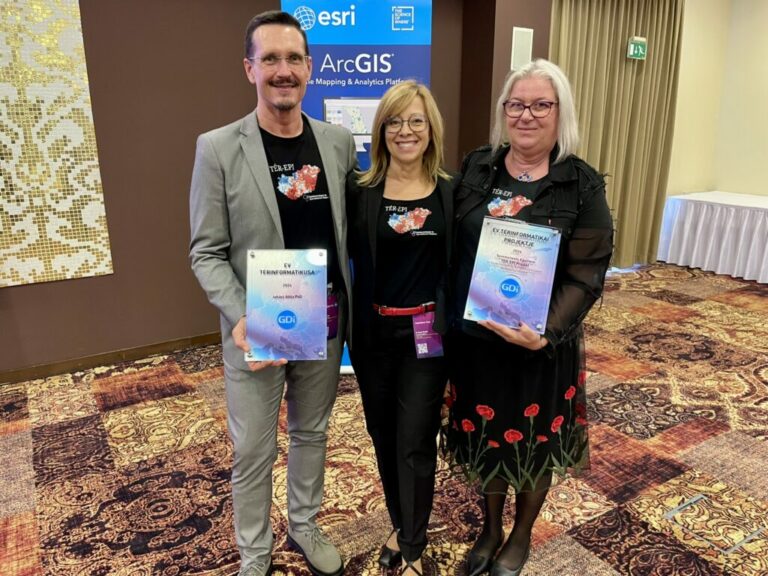
TÉR-EPI: the award-winning geospatial development for 2024
The TÉR-EPI geographic information system developed by our colleagues was chosen as the Geographic Information Project of the Year, and the lead researcher of the project, Attila Juhász, was chosen as the Geoinformatican of the Year. Congratulations!
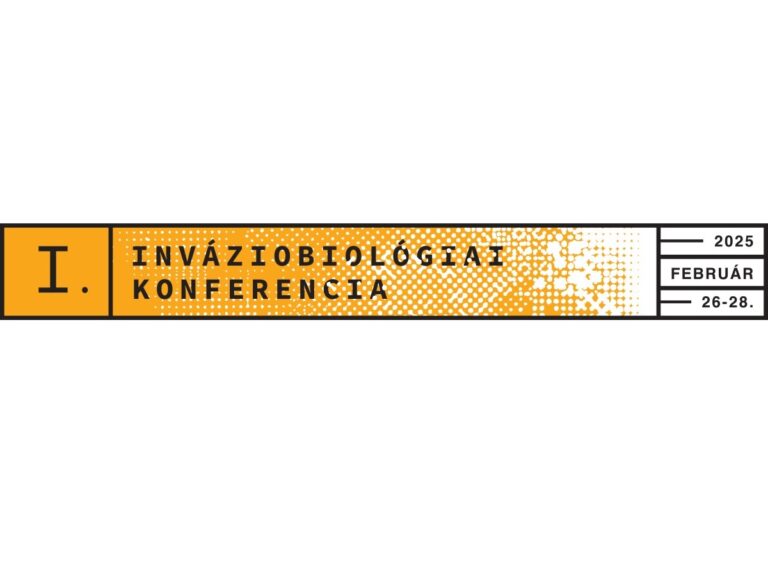
1st Conference on Invasion Biology
On behalf of the HUN-REN Ecological Research Centre and the Division of Invasion Biology of the National Laboratory for Health Security, we would like to welcome you to the 1st Conference on Invasion Biology. All further information on the conference

Reasarch of pathogens of various origins, including strains of antibiotic-resistant bacteria in sewage
Dr. Peter Pollner and his co-authors published an article in the August issue of Nature Communications on the presence of pathogens of various origins in sewage, including antibiotic-resistant strains of bacteria
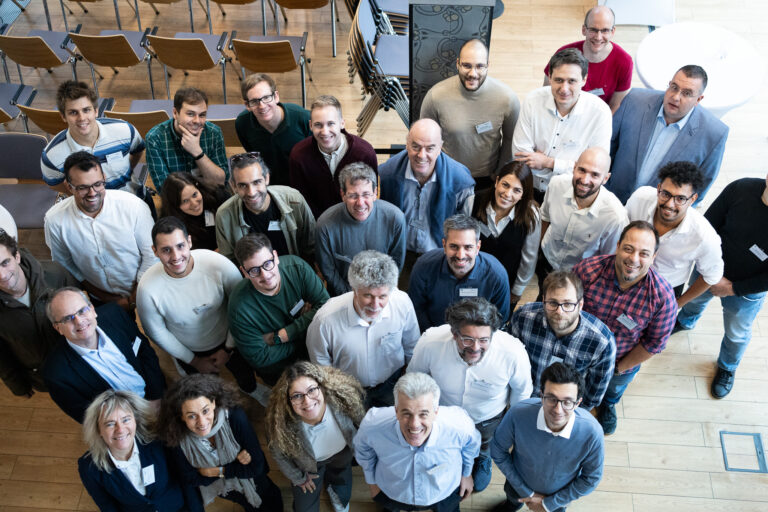
Workshop on the use of synthetic data generation for educational purposes
At the event of the SECURED project on 2-3 October 2024, the participating doctors, computer scientists and university students were introduced to methods of generating synthetic image data in the fields of cardiotocography (CTG), mammography, chest X-ray and skull (brain) MRI imaging.
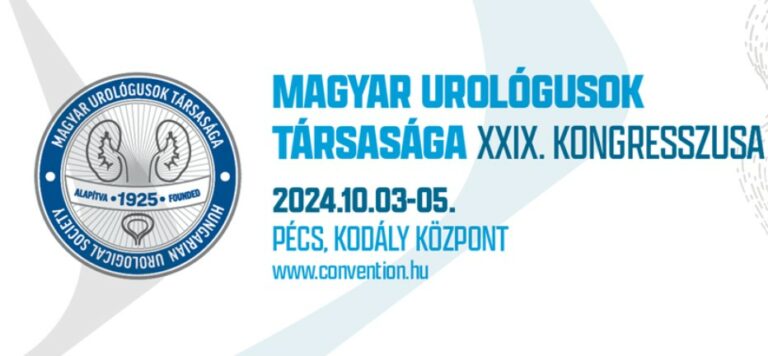
Report on the Congress of the Hungarian Society of Urologists.
The research of the Data-Driven Health Division was also presented at the XXIX Congress of the Hungarian Society of Urologists.
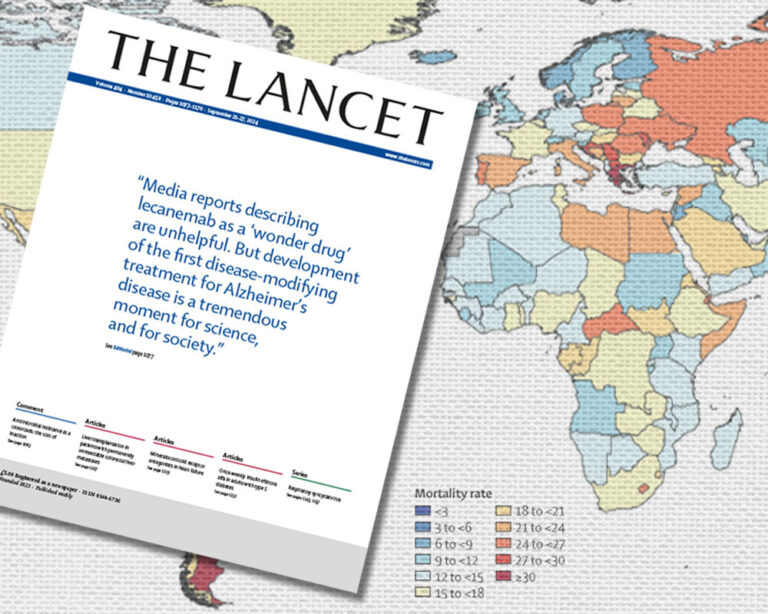
Comprehensive research at Lancet on the global burden of bacterial antimicrobial resistance
Dr Tamás Joó and his co-authors published an internationally collaborative research report on the global burden of bacterial antimicrobial resistance in the September issue of the Lancet.
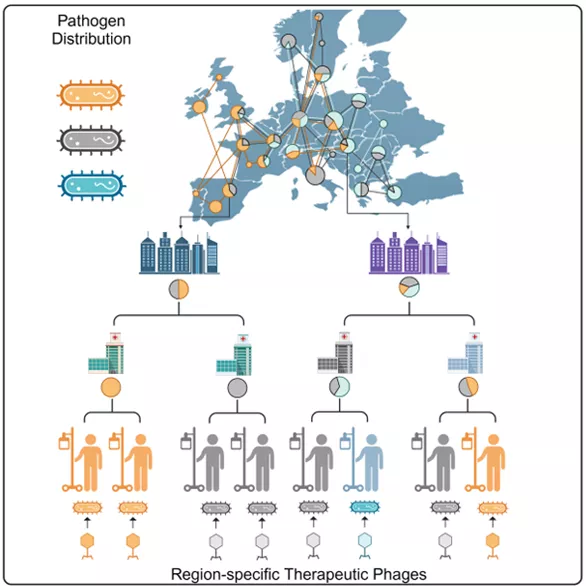
A Hungarian-led research team has made a breakthrough discovery in the fight against superbacteria
The National Laboratory of Biotechnology at the HUN-REN Szeged Biological Research Centre, in collaboration with the National Centre for Public Health and Pharmacy (NNGYK), the National Laboratory of Health Security and several health institutions

Data: the secret of Longevity - AI Summit
Dr Miklós Szócska gave a presentation entitled Data: the secret to Longevity at the AI Summit 2024 in Budapest.
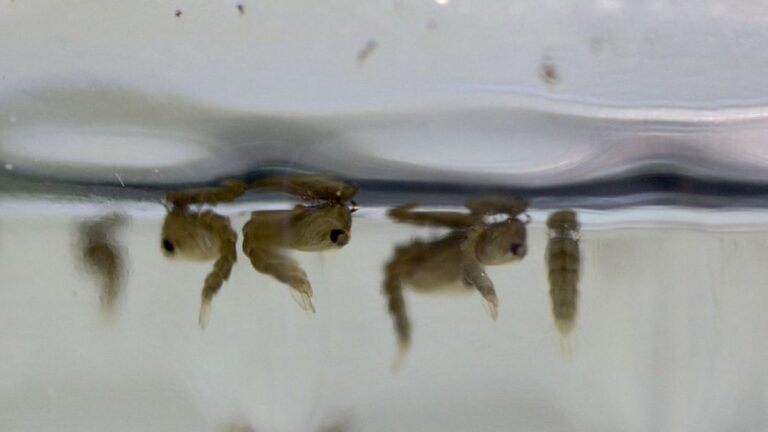
What is buzzing good for? Bioacoustic research in the mosquito lab
Researchers of the National Laboratory for Health Security’s Mosquito Monitor program created a new laboratory to breed invasive mosquitoes and to study their acoustic ecology. Adult individuals

Impact of plant invasion on ground nesting bees
Ground-nesting bees are highly sensitive to changes in vegetation, flower supply and soil properties caused by plant invasions. The direct and indirect effects of twelve alien invasive plant species

An epidemiological warning has been received: the excess deaths in Hungary last December could have been prevented
Science can show the way out of pandemics, the lack of knowledge and information makes us more vulnerable, so it is always worth investing in pandemic preparedness. If we only approach it from an economic point of view, it is because a healthy workforce is necessary for economic development
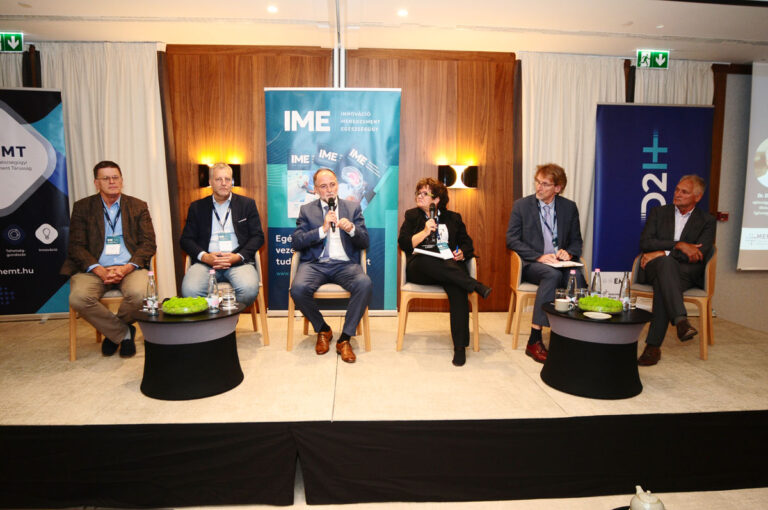
Report on the XVIII. IME Health Policy and Healthcare Systems Conference
The XVIII. IME Health Policy and Healthcare Systems Conference was jointly organized by the Semmelweis University Health Services Management Training Center (SE EMK), the leading institute of the Division of Data-Driven Health of the National Laboratory for Health Security and the Hungarian Healthcare Management Association (MEMT) on June 12, 2024 with a record number of participants.

Biological invasions on Indigenous peoples’ lands
Biological invasions are a growing challenge around the world. Meanwhile, it is now widely recognised and acknowledged that indigenous peoples’ territories play a key role
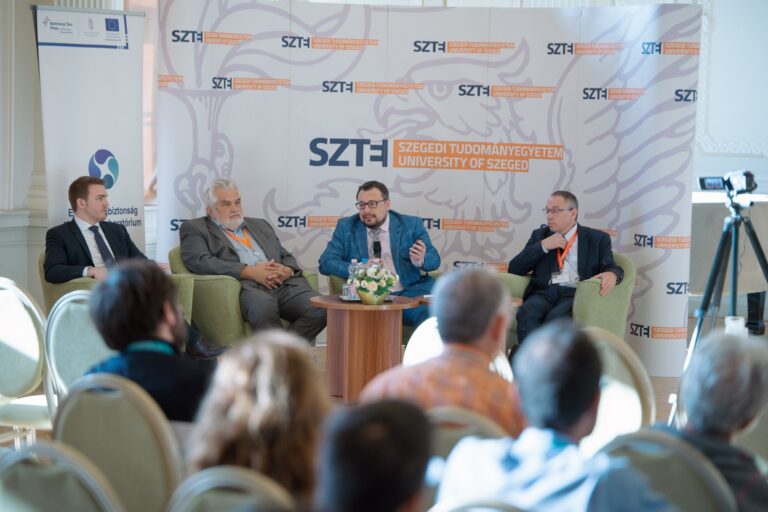
Media coverage of the Applied Mathematics Conference
The AMC, the top conference of applied mathematical research in Hungary, was held between 3 and 5 June 2024, this year hosted by the Bolyai Institute of the University of Szeged.
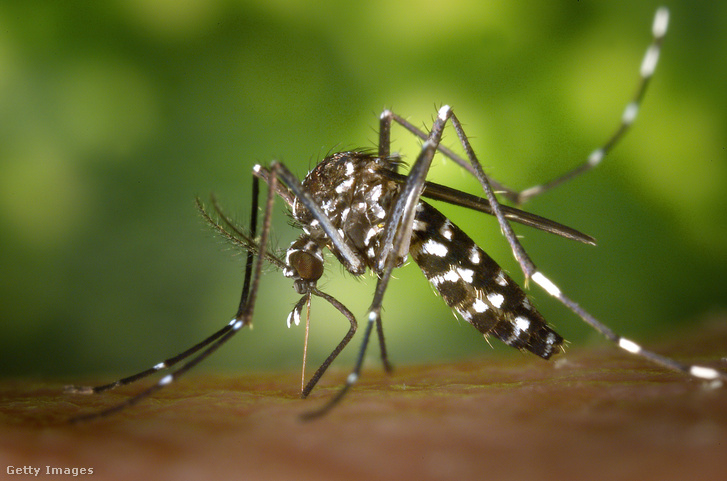
Are invasive mosquitoes a deadly threat?
László Garamszegi, Head of our Division of Invasion Biology, gave an interview to Index.

Europe united against old and new epidemics
Representing Hungary and the National Laboratory for Health Security, Beatrix Oroszi and Gergely Röst participated in the conference "Europe united against old and new epidemics" organised in cooperation with the Belgian Presidency and the Council of the EU.
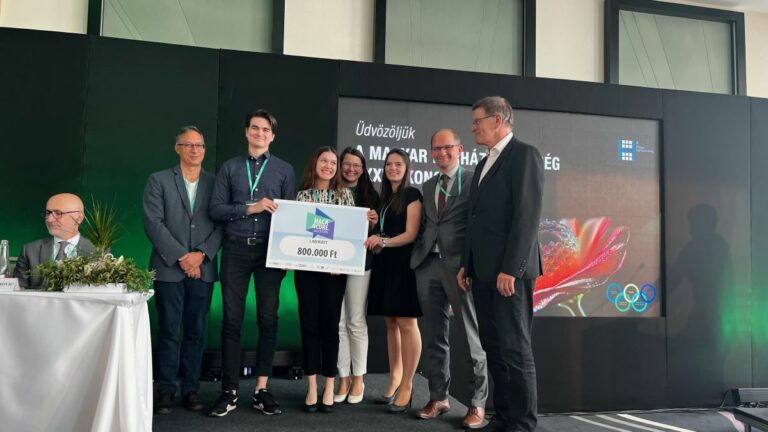
Winners in the Green Hospital category of the Hack4Cure Hackathon contest
On 10 May 2024, at the XXXVI. Congress of the Hungarian Hospital Association was held the final competition of the spring Hack4Cure Hackathon dedicated to the Green Hospital topic.
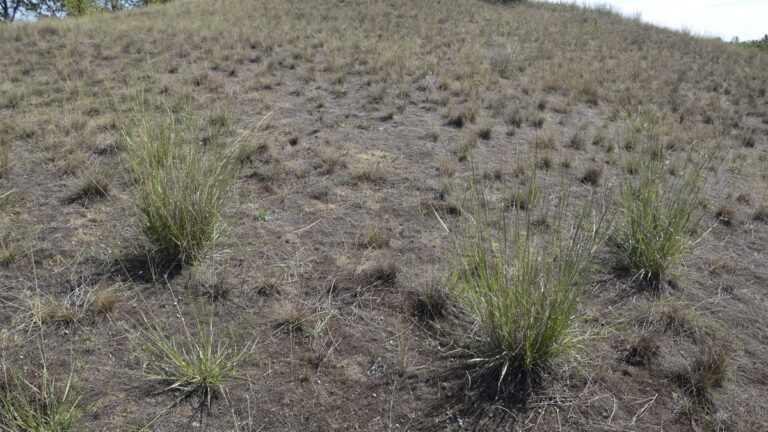
The invasion of North American sand dropseed in Hungary
On 27 March 2024, the HUN-REN Ecological Research Centre, Experimental Vegetation Ecology Research Group and the Kiskunság National Park Directorate organised this professional meeting in Kecskemét. The

Summary of the XXXVI. Congress of the Hungarian Hospital Association
At the XXXVIth Congress of the Hungarian Hospital Association in Mátraháza, Dr. Miklós Szócska, Head of the Health Safety National Laboratory Data-Driven Health Division, opened the session on Digital Healthcare and artificial intelligence.

Nutria on every step
Krisztián Katona, associate professor at the Department of Wildlife Biology and Wildlife Management of the Hungarian University of Agricultural and Life Sciences (MATE), talked the problems related to nutrias in the Természet Világa magazine.
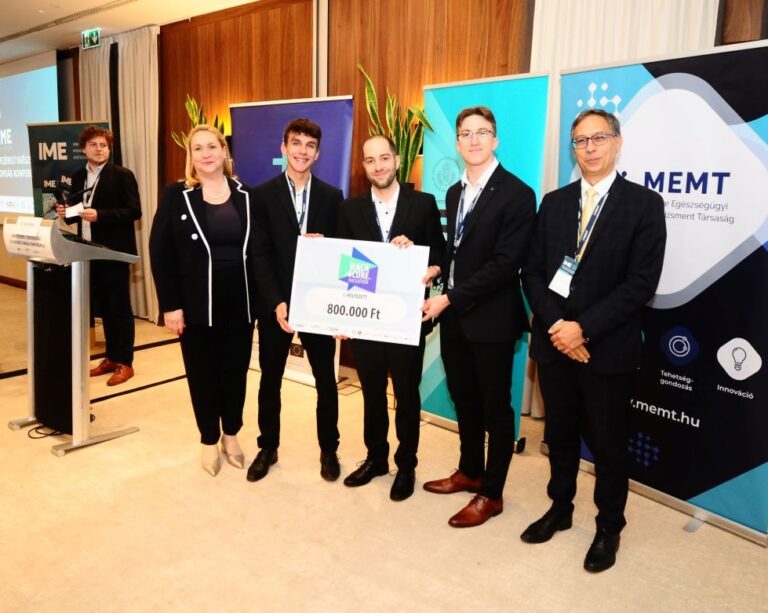
The final contest of the Health for All category at the Hack4Cure Hackathon in April
On 25 April 2024, at the 22nd IME Data Driven Healthcare and Cybersecurity Conference, Dr. Miklós Szócska, Head of the Health Safety National Laboratory Data-Driven Health Division, opened the final contest of the Hack4Cure Hackathon in the Health for All category.
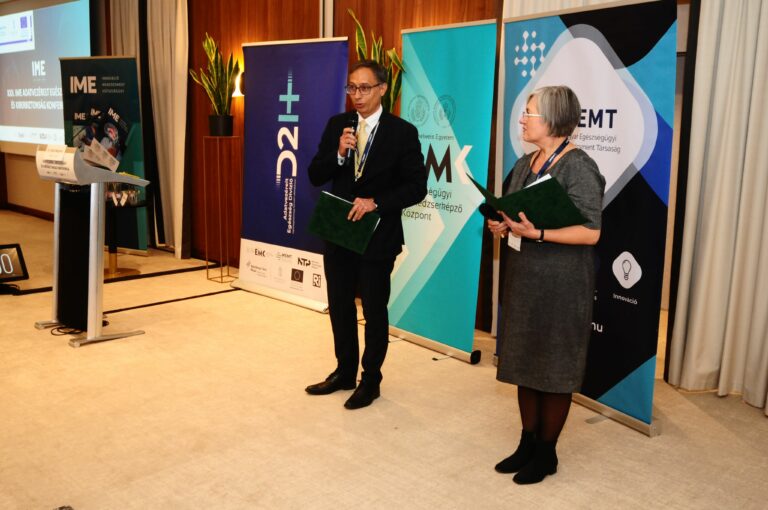
The 22nd Conference on Data-Driven Healthcare and Cybersecurity
On the 25th of April 2024, the Semmelweis University Health Services Management Training Centre, the leading institute of the Health Safety National Laboratory Data-Driven Health Division, in cooperation with the Hungarian Healthcare Management Association, organized the 22nd Data-Driven Healthcare and Cybersecurity Conference.
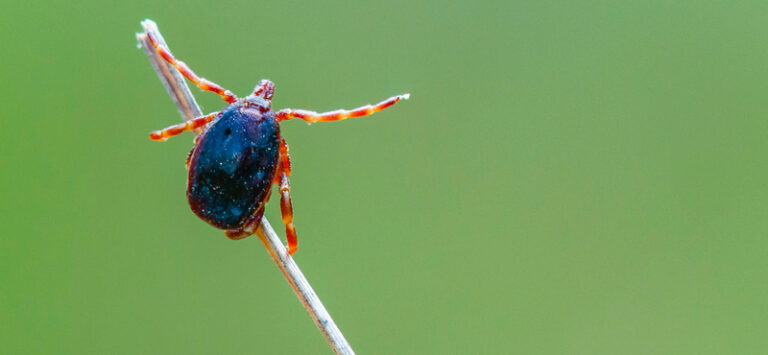
Running ticks
Running ticks New tick species capable of spreading dangerous pathogens are emerging - our colleague Gábor Földvári told hvg.hu.
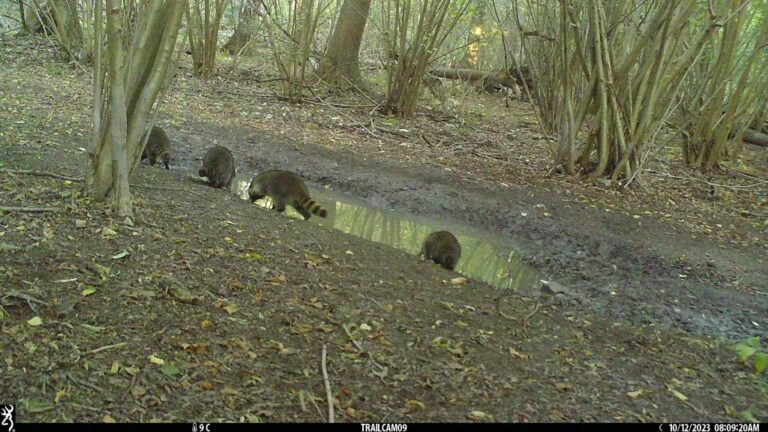
Raccoon invasion could be dangerous
Dr. Krisztián Katona, biologist of our Division of Invasion Biology, spoke on 24.hu about the dangers of the raccoon, which is spreading in Hungary.
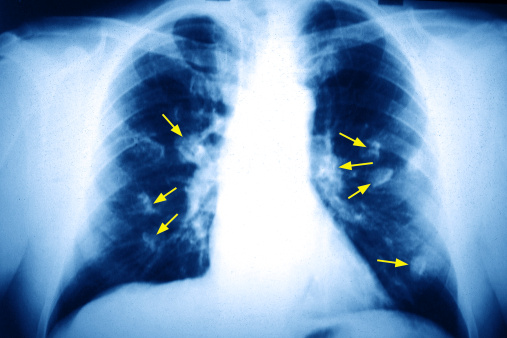
Artificial intelligence could help cancer patients get a quicker diagnosis
Artificial intelligence can alleviate the shortage of specialists in the field of oncology - Tamás Joó (Division of Data-driven Health) talked to Népszava.
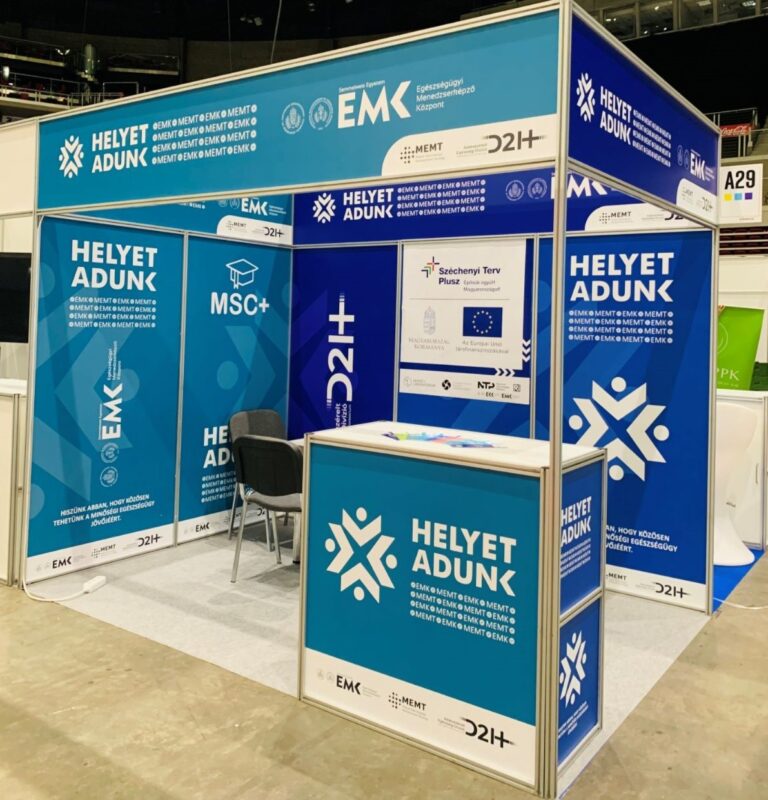
HSMTC was also present at the HVG Spring Job Fair
On April 17-18, 2024, our institute was represented at the HVG Spring Job Fair held at the Papp László Budapest Sport Arena. In addition to information about our current and upcoming courses, our colleagues awaited the visitors of our stand with open positions at HSMTC.

About ticks in the Petőfi Radio
Our colleague Gábor Földvári talked about ticks in Petőfi Radio this time.

What is the key to the success of invasive grass species? Our new article in Oikos
Led by researchers from the University of Alberta in Canada, members of the CER ‘Lendület’ Seed Ecology Research Group also participated in an international study to find the key to the success of invasive grass species.

Groundbreaking results on the potential for detecting astrocytes
Dr. Peter Pollner and his co-authors, including Dr. István Adorján and D. István Csabai, published a joint paper on the detection of astrocytes in human brain tissue in the January issue of the journal Scientific Data, part of the Nature family.

IME Data-driven healthcare and cybersecurity conference
The Hungarian Healthcare Management Association is organising the 22nd edition of the Data-Driven Healthcare and Cybersecurity Conference. This year's summit will focus on Artificial Intelligence (AI), the IT and cybersecurity challenges of healthcare.

About ticks on TV and radio
Dr. Gábor Földvári, Head of our Centre for Eco-Epidemiology, spoke about the research on ticks in Hungary in the Sigma programme of Inforadio
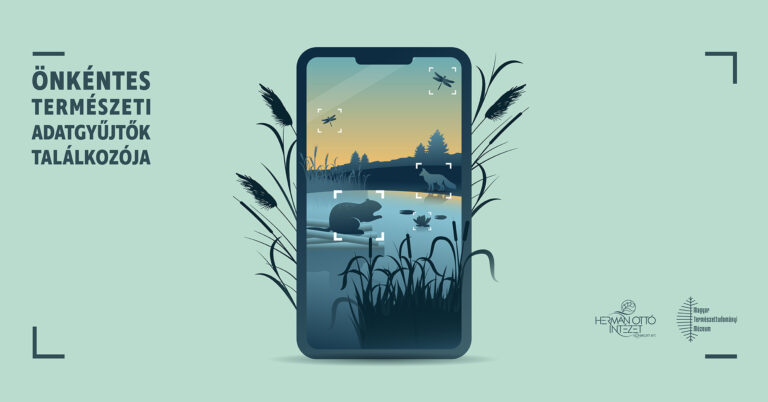
Meeting of volunteer natural data collectors
Meeting of volunteer natural data collectors - all are welcome

BJMT Applied Mathematics Conference
The János Bolyai Mathematical Society will organize the BJMT Applied Mathematics Conference in Szeged, Hungary, between June 3-5, 2024, in cooperation with the Bolyai Institute of SZTE, HU-MATHS-IN and the National Laboratory for Health Security.
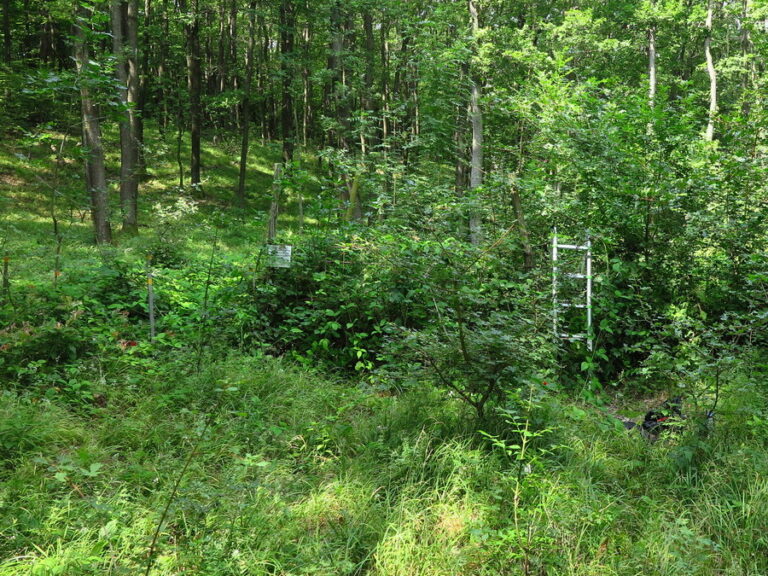
Many species of disturbance-tolerant and invasive plants appear in the clearcuts and their populations persist for many years
One of the research topics of the Pilis Forestry Systems Experiment is to investigate the effects of different silvicultural practices on understorey vegetation in an oak–hornbeam forest stand. In the experiment, interventions of two significantly different forest management modes
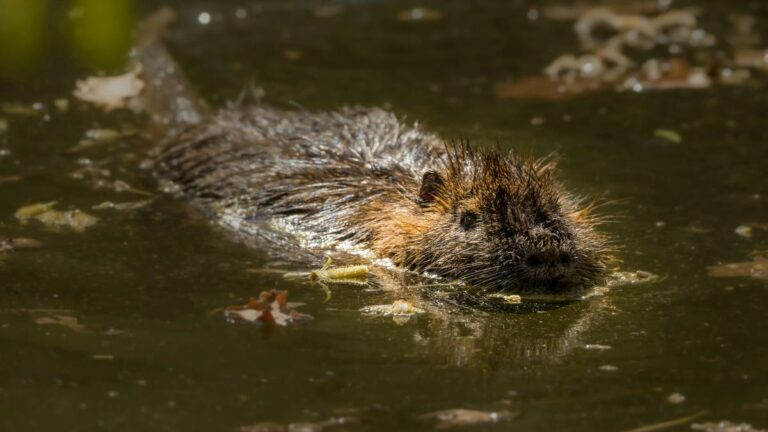
Aggressive spread of the nutria in Hungary
Krisztián Katona, who, together with his colleagues, researches the nutrias in Hungary within the Division of Invasion Biology of the National Laboratory for Health Security, gave an interview to 24.hu.
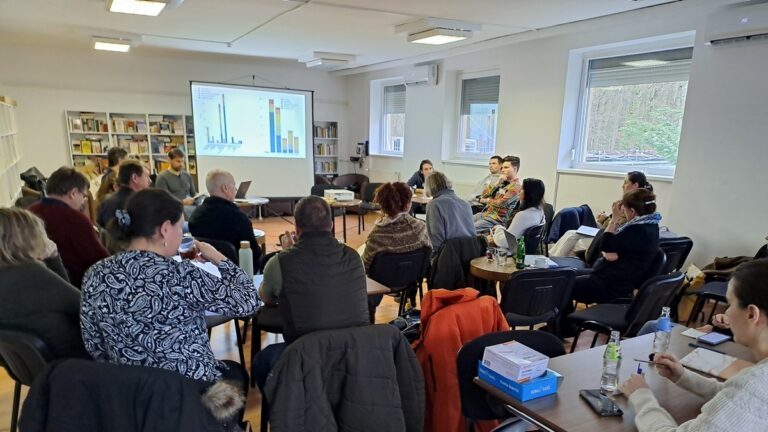
SEEN Hungary 2024 – Citizen Science Konferencia és Workshop
In January 2024, the HUN-REN Ecological Research Centre’s Evolutionary Ecology Research Group launched a network of community science projects on conservation and ecology in Hungary. The SEEN (Social Engagement in Ecology Network) Conference, held in Tata on 18-19 January,

Ferenc Jakab passed away
The staff of the National Laboratory for Health Security were shocked to learn of the unexpected, tragic death of Ferenc Jakab.
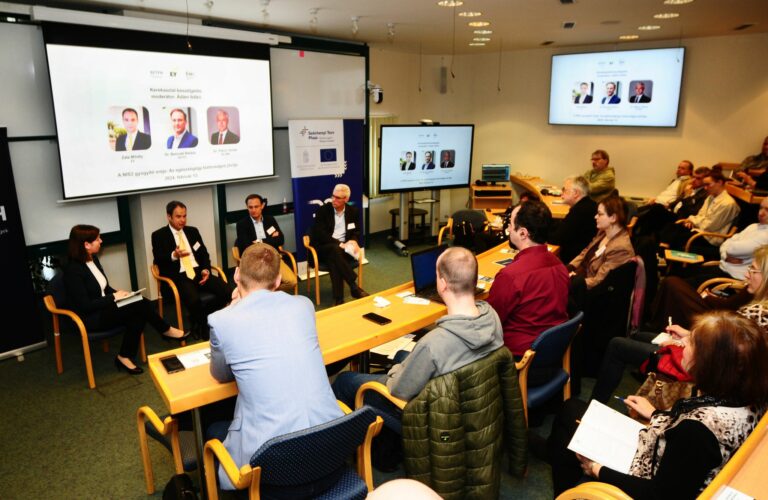
The healing power of NIS2: A secure future for healthcare
Full house at the NIS2 Information Forum for health and health industry leaders on 13. February 2024.

COVID-19 vaccination coverage in the vulnerable elderly
Hungary ranks last in the current vaccination coverage against COVID-19 in the vulnerable elderly population in January 2024, according to a compilation by the Centre for Epidemiology and Surveillance of Semmelweis University.
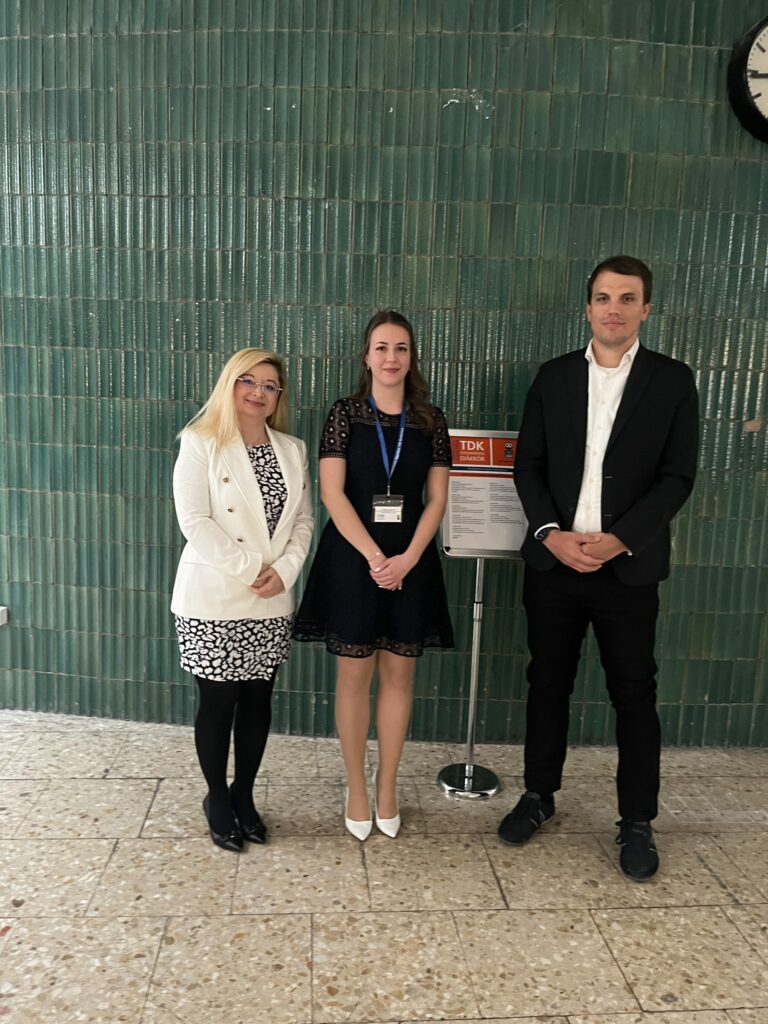
Data-driven healthcare introduced as a separate session at the TDK conference in 2024
This year, for the first time, data-driven healthcare was represented with eight presentations at the 2024 TDK conference organised by Semmelweis University.
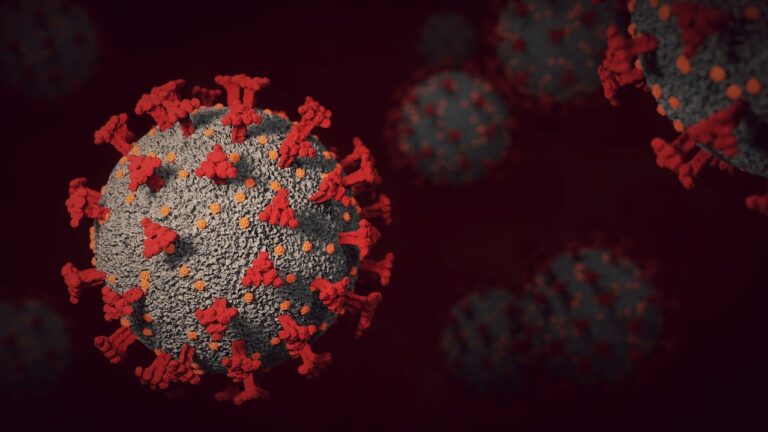
Update on SARS-CoV-2 variants monitored by the Centre for Epidemiology and Surveillance
Updates from our consortium member, the Centre for Epidemiology and Surveillance (Semmelweis University) can be found at the link below.

The DAMA protocol in Radio Európa
The head of our Centre for Eco-Epidemiology, Dr. Gábor Földvári, spoke about the protocol developed by the Hungarian research team for the prevention of pandemics in the Radio Europa programme.

VI. Opportunities and Challenges Conference at the Óbuda University
The VI. Opportunities and Challenges Conference was held at the Óbuda University on 1 February 2024 with the participation of colleagues and experts from the Health Safety National Laboratory Data-Driven Health Division.

"ICT professional workshop" in honour of the Egyptian delegation's stay in Hungary
Dr. Miklós Szócska, Head of Division of the Data-Driven Health Division at the Health Safety National Laboratory also gave a presentation at the professional event attended by the Egyptian delegation.

Raccoon and nutria research on Hungarian Radio Kossuth
Dr. Krisztián Katona, researcher of our Division of Invasion Biology, talked about nutria, raccoons and invasion in the program “Délelőtt” of Kossuth Rádió.
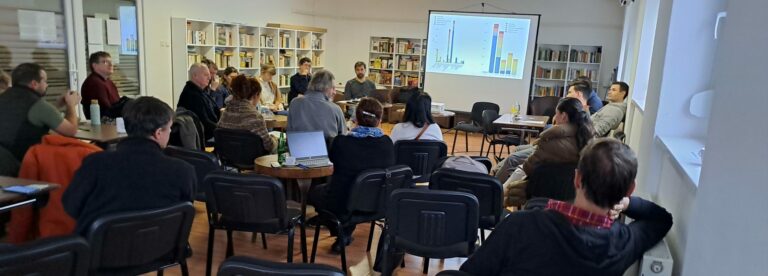
SEEN 2024 Community Science Conference
The conference was organized by the Centre for Ecological Research, a consortium member of National Laboratory for Health Security.

Semmelweis University Health Services Management Training Centre launches a Masters’ in Data Science in Health
As a national workshop for the data-driven healthcare paradigm shift, a new Master's degree in Data Science in Health is launched for health and informatics graduates who want to participate in modern healthcare with a modern data science approach.

Cervical Cancer Prevention Week
22-28 January is Cervical Cancer Prevention Week, and our colleagues take a look at the situation in Hungary in this article.

EVOGAMESPLUS Winter School
As part of the seminar series of National Laboratory for Health Security, two world-renowned scientists of evolutionary modelling will give a lecture at the Bolyai Institute of the University of Szeged.
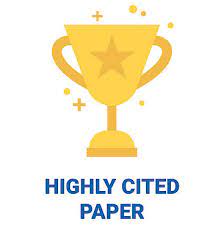
Highly Cited Paper rating for National Laboratory for Health Security researcher's article
The paper by our colleague Viktor Müller and his student Levente Zsichla has been awarded the Clarivate/Web of Science "Highly Cited Paper" ranking, as it was included in the top 1% of the most cited papers in microbiology in 2023.
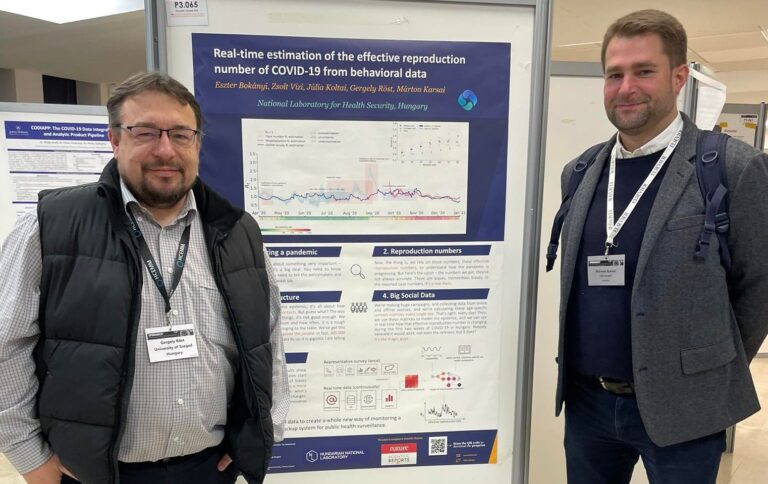
New method for tracking epidemics from researchers at the National Laboratory for Health Security
Our researchers, Dr. Eszter Bokányi, Dr. Zsolt Vizi, Dr. Júlia Koltai, Dr. Gergely Röst and Dr. Márton Karsai published an article on an innovative method for daily estimation of the epidemic reproduction number in the journal Scientific Reports.
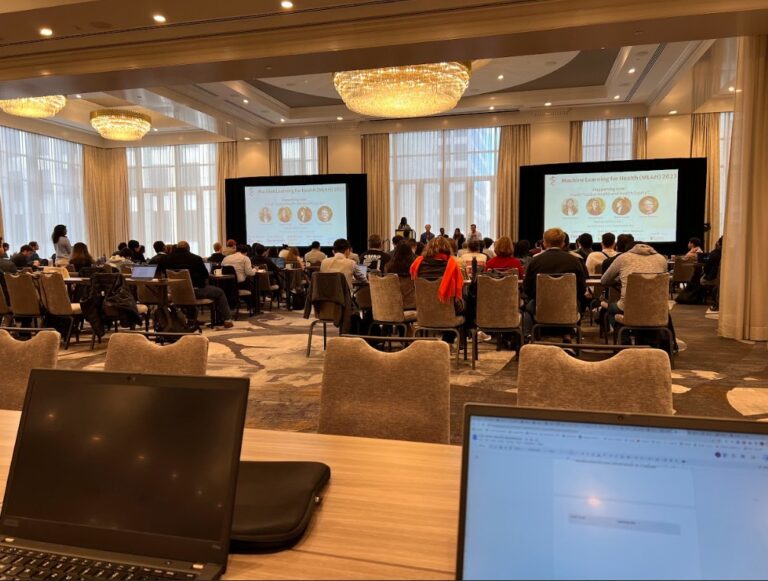
Researchers of the Semmelweis University Health Services Management Training Centre attended as winners at the Machine Learning Conference
Researchers of Semmelweis University Health Services Management Training Centre have won first place in the Nightingale Open Science and Association for Health Learning & Inference (AHLI) competition, and have been invited to the Machine Learning for Health (ML4H) conference in New Orleans.
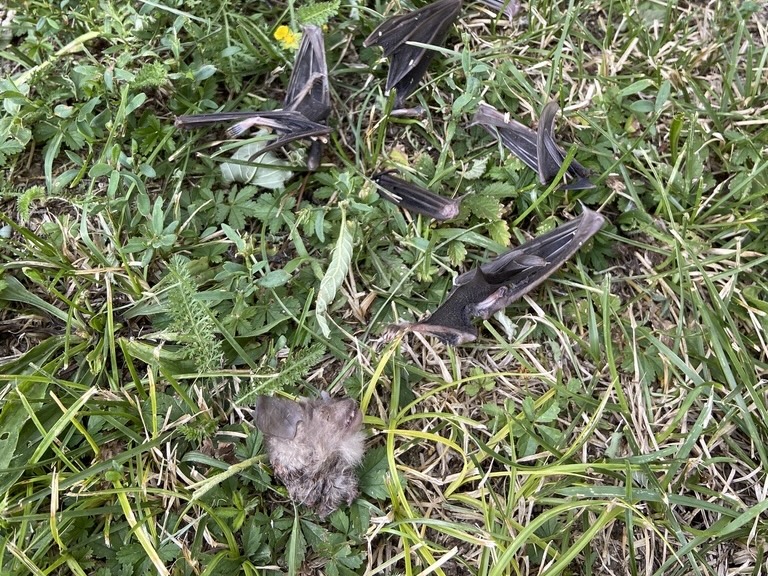
You can help fight epidemics by taking a photo of what your cat has caught
Tamara Szentiványi, a researcher in our Division of Invasion Biology, and her colleagues highlighted the potential of citizen science observations in a recent paper published in the journal Mammal Review

Native plants can outcompete invasive species
Native plant communities are effective in crowding out alien plants, our researchers have found.
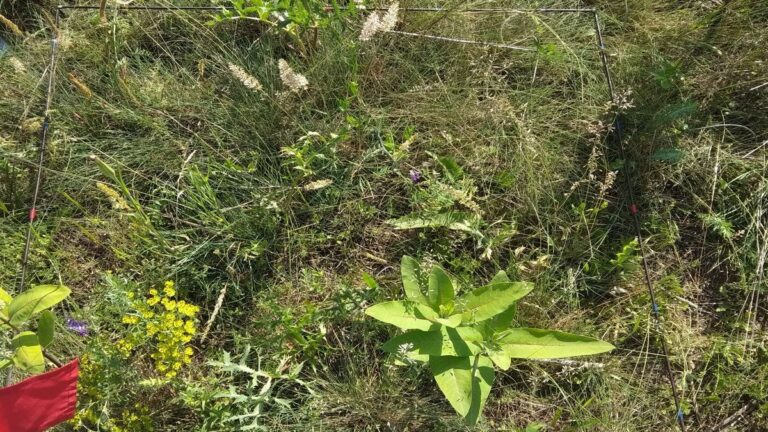
Native plant species play a key role in restoring invasion-resistant plant communities
The Hungarian National Geographic reports on the results of Melinda Halassy's (Division of Invasion Biology) research team.

We can know in advance what disease is threatening
Those who are good at predicting are the most effective at preparing for danger. At the National Laboratory for Health Security, many of us are working on this.
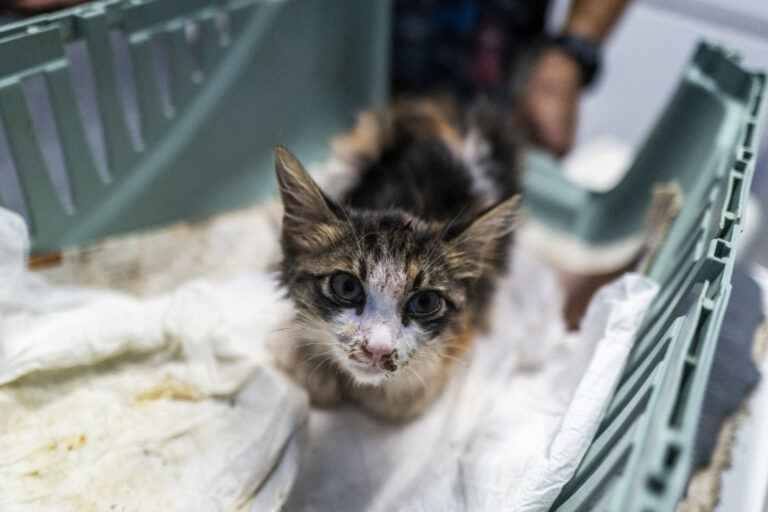
Should we be afraid of feline and canine coronavirus?
Feline (FCoV) and canine (Canine coronavirus, CCoV) coronaviruses, as their names imply, cause infections mainly in cats and dogs
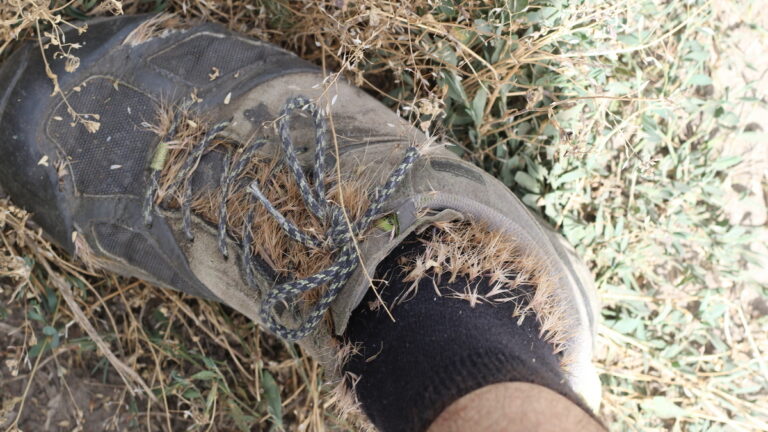
Ecologists and hikers have a major role in the seed dispersal of weedy and invasive plant species
Nowadays, one of the most effective seed dispersal vectors are humans. The key our efficiency is the rapidly growing rate of global transport, trade and tourism, which enables us to move more and more easily and quickly between distant biogeographical regions

Could artificial intelligence take the work of surgeons?
The nlc.hu wrote an article about the potential of artificial intelligence in healthcare, in which Miklós Szócska, head of our Division for Data-Driven Health, is quoted.

Katalin Karikó and Gergely Röst presented at the Hungarian Science Festival in Berlin
At the event entitled "Celebration of Hungarian Science and the achievements of Hungarian scientists in the field of cancer research", besides Nobel Prize winner Katalin Karikó, five other famous Hungarian scientists, including the Scientific Director of National Laboratory for Health Security, Gergely Röst, also gave a talk.
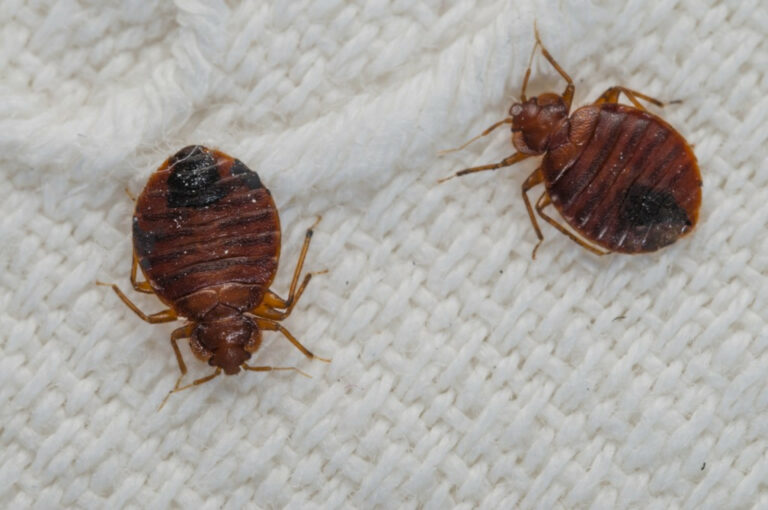
Where does the European bedbug invasion come from, and is the global bedbug panic justified?
Tamara Szentiványi, a researcher from our Division of Invasion Biology, spoke to Qubit about whether the increase in bedbugs in Europe is a real phenomenon and, if so, what is causing the invasion.

Artificial intelligence and medicine
Dr. Miklós Szócska, Head of the Data-Driven Health Division of the National Laboratory for Health Security, spoke about the present and future of artificial intelligence on Jazzy Radio.
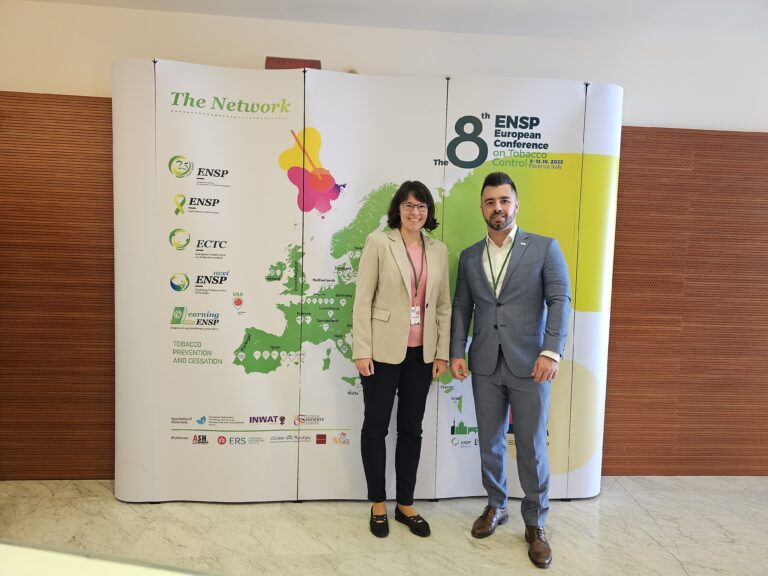
8. ENSP – European Conference on Tobacco Control
Colleagues from the Data-Driven Health Division of the National Laboratory for Health Security participated in the 8th ENSP - European Conference on Tobacco Control on the latest developments in tobacco control in Europe.
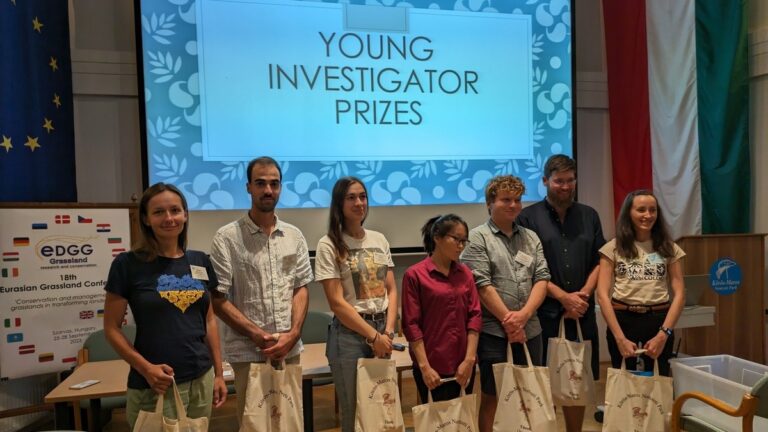
Invasion Biology Division research at the Eurasian Grassland Conference
This year, the Eurasian Grassland Conference was held in Szarvas, organized by the Lendület Seed Ecology Research Group of the HUN-REN Ecological Research Centre and the Körös-Maros National Park Directorate

Community science based monitoring of invasive mammal and bird species
Community science based monitoring of invasive mammal and bird species of Hungary has begun in a cooperation between the Institute for Wildlife Management and Nature Conservation of Hungarian University of Agriculture and Life Sciences (MATE) and the Institute of Ecology and Botany, Centre for Ecological Research.
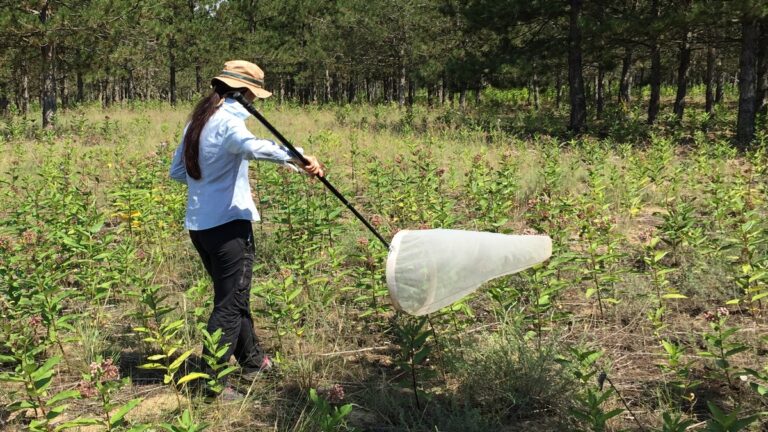
Indirect effects of plant invasion and fragmentation on native plants and grassland arthropods
Plant invasion and habitat fragmentation have adverse effects on biodiversity in almost all ecosystems. Our research explored the direct and indirect effects of common milkweed (Asclepias syriaca) invasion on plant and arthropod biodiversity.
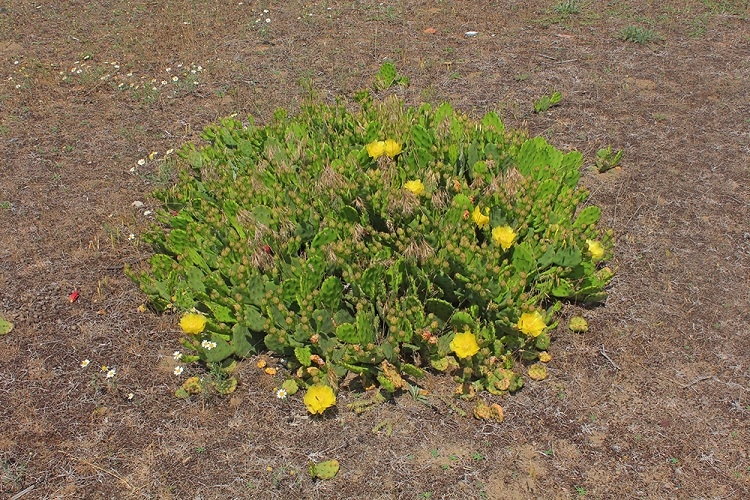
A frightening outlook: are invasive species our undoing?
The negative impacts of invasive species on both nature and people are huge.
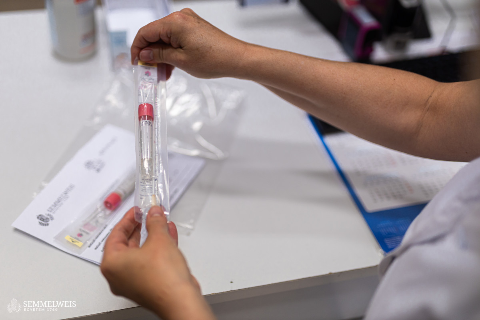
Family doctors are invited to join a national epidemiological study
The Centre for Epidemiology and Surveillance (Semmelweis University) within our Division of Mathematical Epidemiology is seeking applications from family doctors for a national epidemiological study.

Breast Cancer Awareness Month
Attending a breast screening can save lives! - is what our researchers are raising awareness of on the occasion of Breast Cancer Awareness Month.
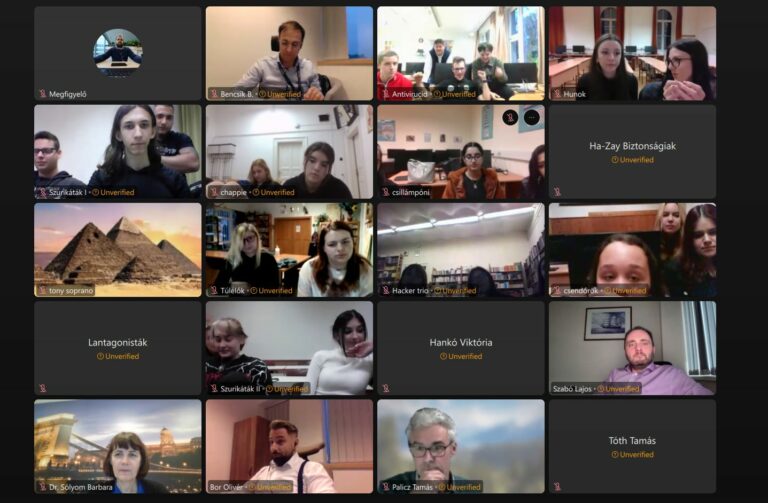
5th Cybersecurity Game Játs(s)zMa
5th Cybersecurity Game Játs(s)zMa as part of the European Cyber Security Month campaign in Hungary

The role of digital technologies at Europe's leading healthcare conference
The National Laboratory For Health Security Division of Data-Driven Health was also represented at the European Health Forum Gastein.
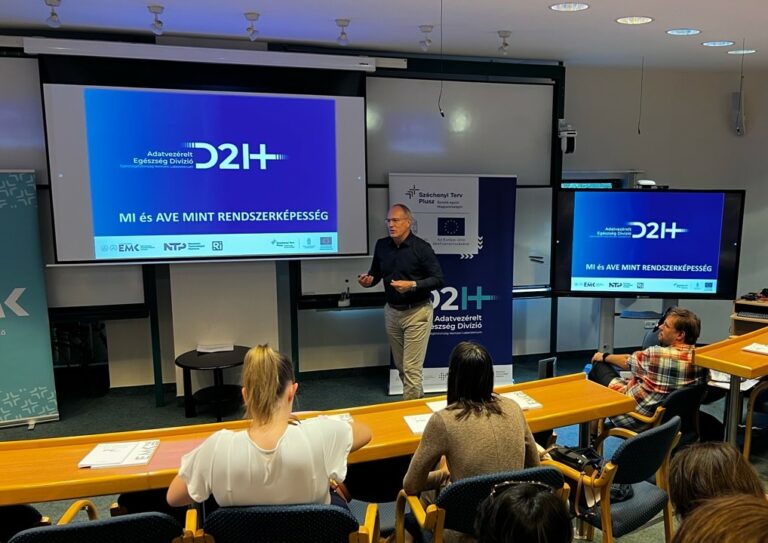
Artificial intelligence-based data-driven decisions in healthcare on the Researchers' Night
Experts from the Data-Driven Health Division of the National Laboratory for Health Security also gave a presentation at the Researchers' Night.
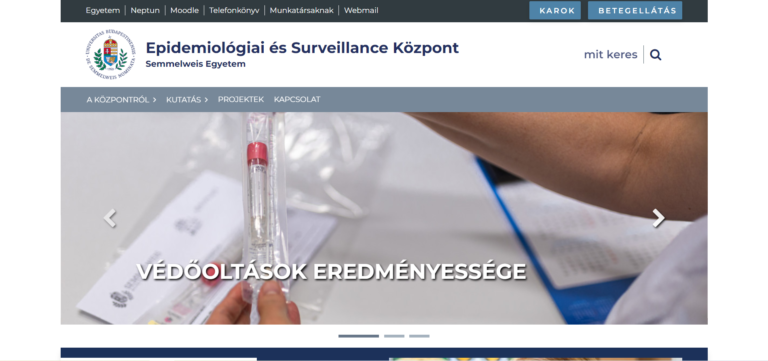
Centre for Epidemiology and Surveillance website
Within our Mathematical Epidemiology Division, the Centre for Epidemiology and Surveillance at Semmelweis University has its own website: https://semmelweis.hu/esk/
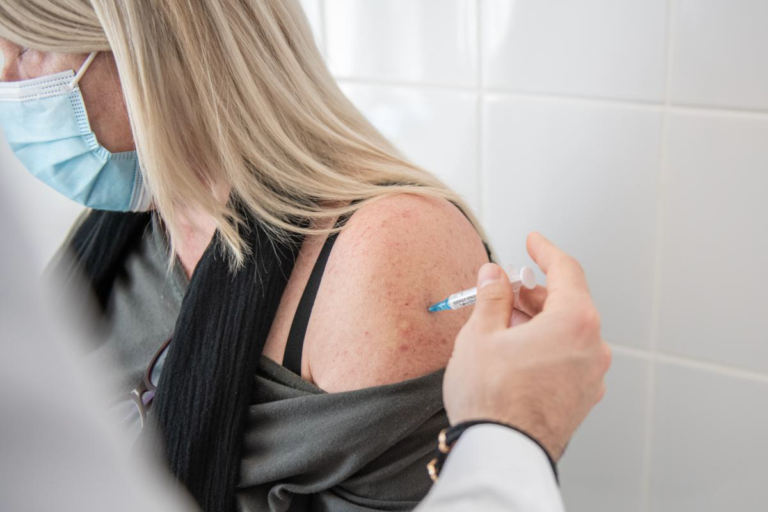
Should we revaccinate against Covid?
Our colleague Beatrix Oroszi expresses her views at Népszava. Go to the Hungarian article

Good infection or bad infection? - Mutualism or parasitism?
A review by Lajos Rózsa and József Garay, researchers from our Division of Epidemiology, was published in the British journal Parasitology. This has been published on the website of the Centre for Ecological Research.
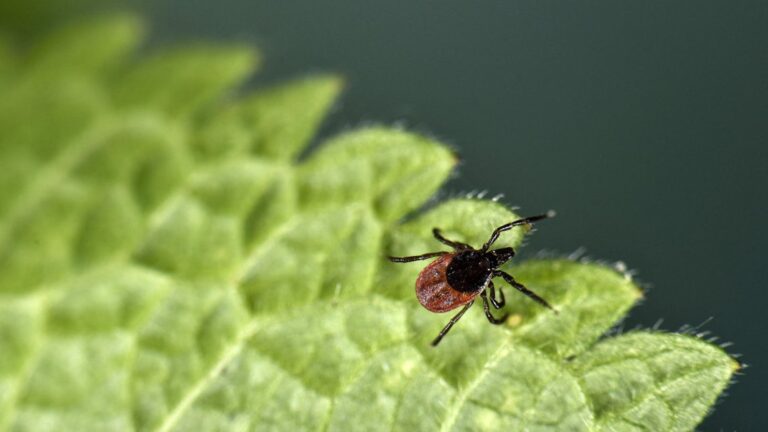
These bloodsuckers are more common nowadays
Dr. Gábor Földvári, Senior Research Fellow of the Institute of Evolutionary Sciences of the Centre for Ecological Research, Head of our Centre of Eco-Epidemiology, spoke about the spread of ticks on 24hu.
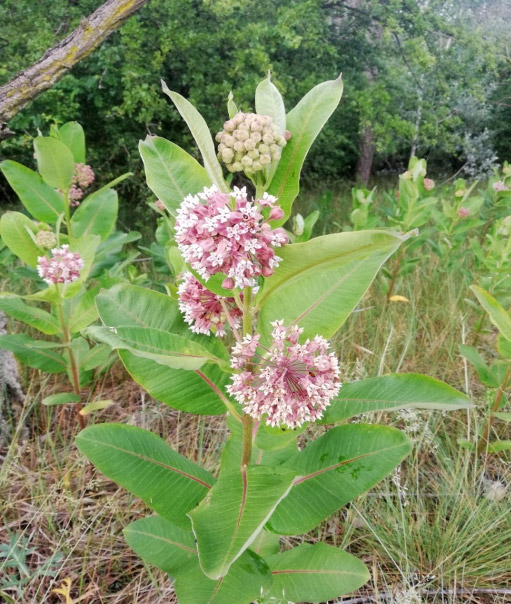
Our researchers talked about their work on Kossuth radio’s Napközben programme
In the programme, László Zsolt Garamszegi, head of the Invasion Biology Division, talked about the mission of the national laboratory, Melinda Halassy presented her research on the control of the common...
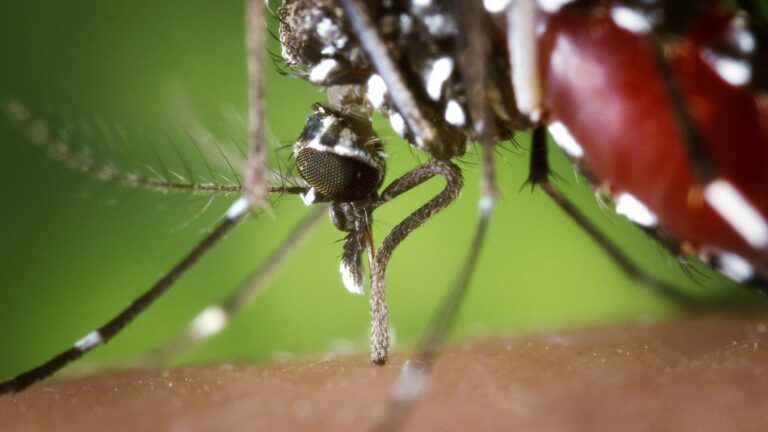
Why the panic over the tiger mosquito?
Dr. László Zsolt Garamszegi, head of our Division of Invasion Biology, gave an interview to 24hu about the spread of tiger mosquitoes.
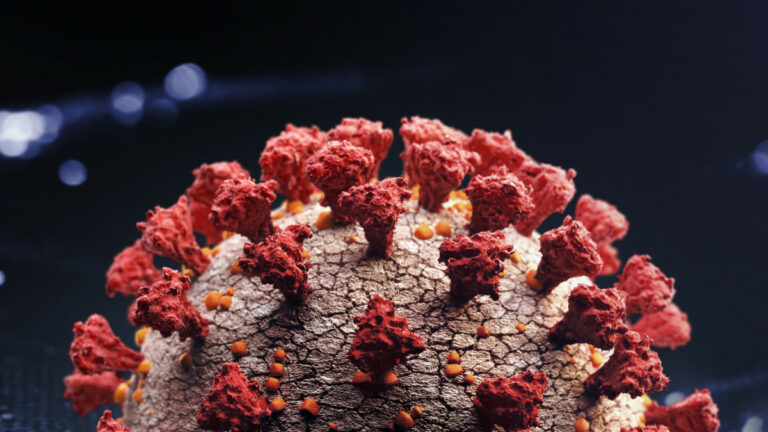
Beatrix Oroszi: there will be another "animal to human" virus, the question is how humanity will react
Beatrix Oroszi, Director of the Centre for Epidemiology and Surveillance at Semmelweis University, spoke about the current threats of the coronavirus, its new sub-virus, prevention, the importance of booster vaccination...
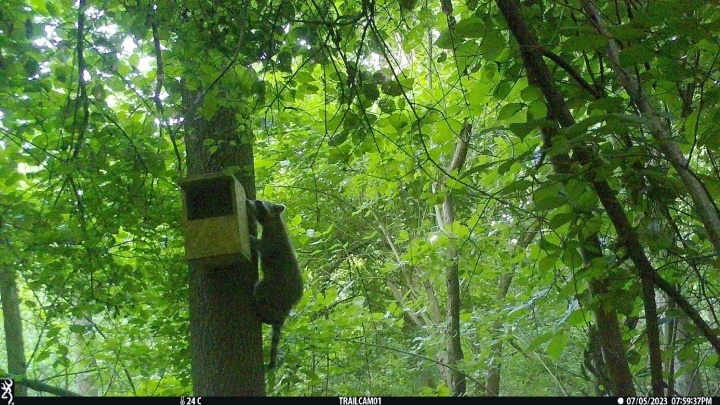
Special, here in Hungary rare animals filmed near Budapest
Researchers from our Division of Invasion Biology have observed a potential raccoon invasion near Budapest. Go to the Hungarian article
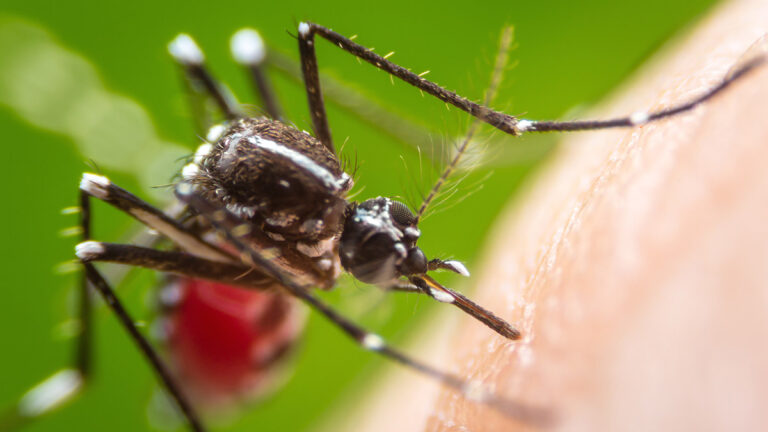
Citizen science and mosquito research: the relationship between urbanisation and invasive mosquitoes in Hungary
Urbanisation can contribute significantly to the spread of invasive mosquito species and the diseases they spread.
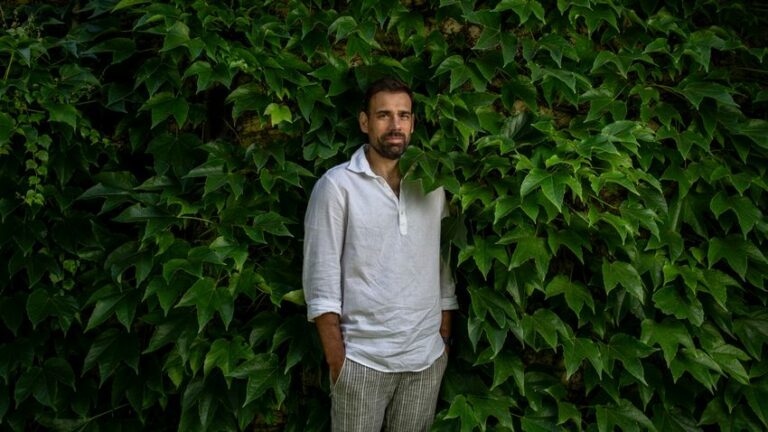
László Zsolt Garamszegi on the mission of ecologists, invasive plants and the future
The head of our Division of Invasion Biology was interviewed by Magyar Nemzet. (Photo: Magyar Nemzet)
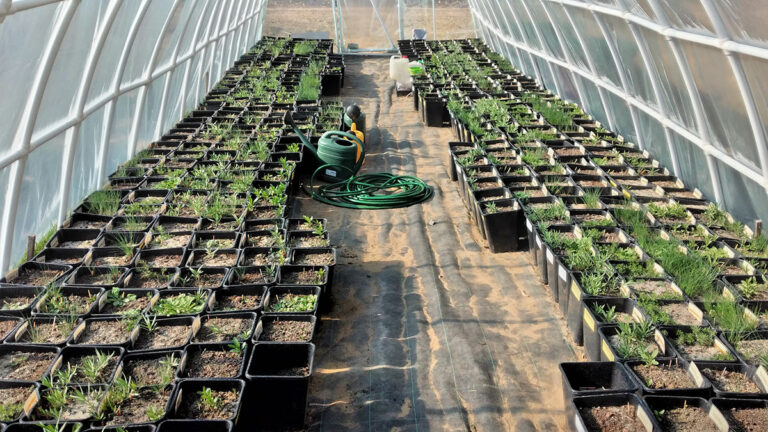
Sowing large quantities of native species can reduce the establishment of invasive alien species
Invasions of alien species are a major cause of biodiversity loss, threatening both natural and human-managed ecosystems. Ecological restoration of habitats is key to controlling invasion,

Grassland restoration on roadsides – a nature-based solution to control invasive plant species
Roadside verges are a key corridor for the spread of invasive species and are often considered as invasion hotspots. Invasive plant species are a source of serious problems for both
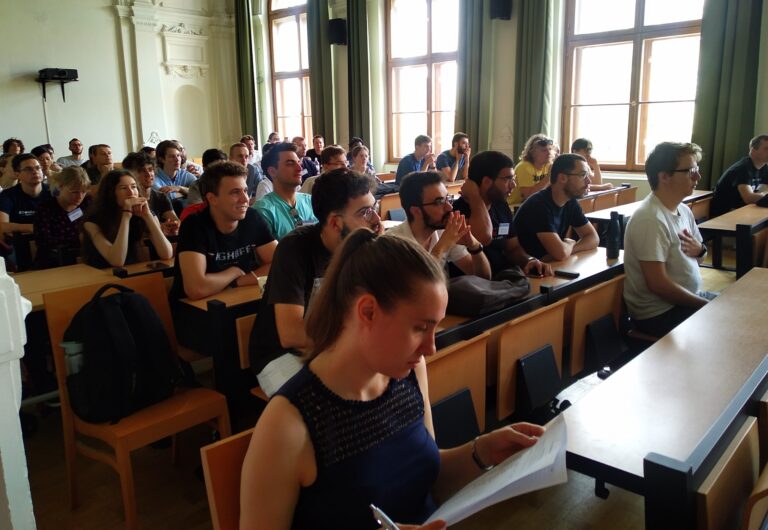
Brain training in industrial mathematical modelling - European students' workshop at the Bolyai Institute of the University of Szeged
The Bolyai Institute of the University of Szeged is the first in Hungary to organise the 36th Modelling Week for students of the European Consortium for Mathematics in Industry (ECMI). The workshop will bring together 52 European...

Ecological effects of an intensively spreading native species: evaluation of the beavers’ foraging strategy
The Eurasian beaver is a native species with community interest in the European Union. The species was previously extinct in Hungary, but today it is spreading intensively in the country, recolonising its former habitats. The selective foraging activity of the beaver can induce significant changes
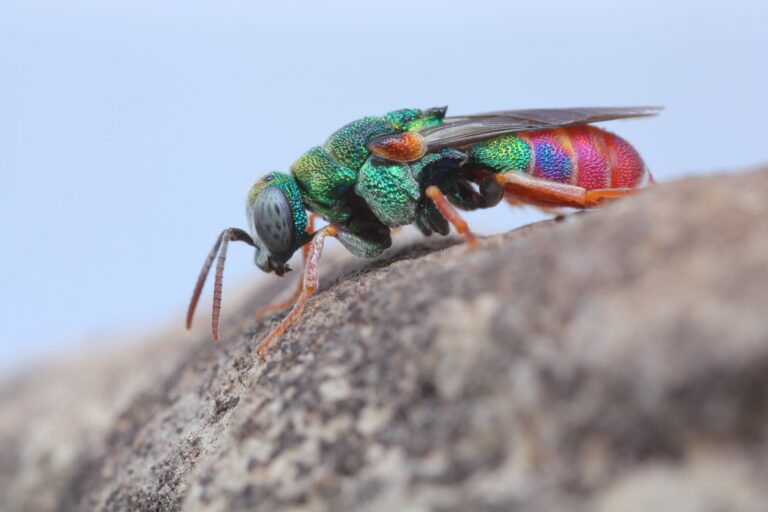
Why do we want to save the rhinoceros if we don't want to save its parasites?
Tamara Szentiványi, a researcher from our Division of Invasion Biology, talked about research and conservation of endangered parasite species in an article for Qubit.
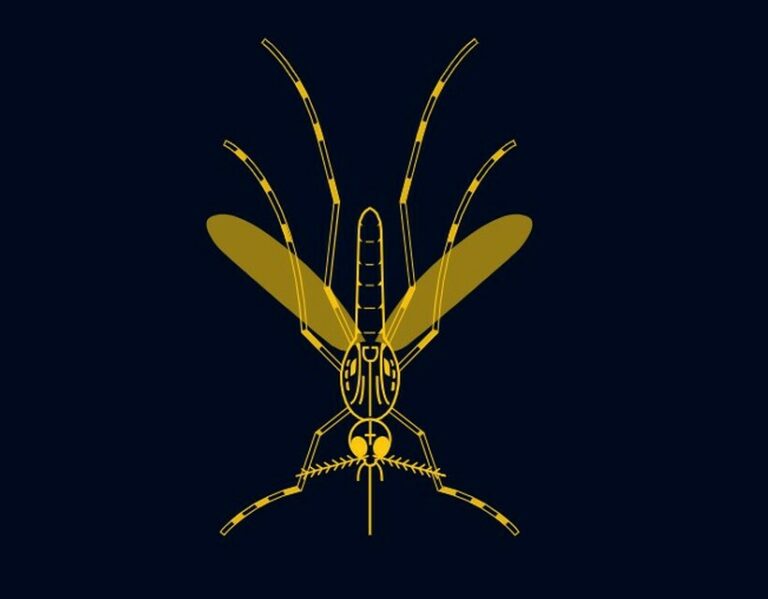
Invasive mosquitoes attack
Researchers are asking for the public's help in monitoring the spread of invasive mosquitoes, reports Új Szó Nálunk.

One coronavirus wave after another will come relentlessly
We need to start incorporating the lessons learned into disease control, says epidemiologist Beatrix Oroszi. The director of the Centre for Epidemiology and Surveillance at Semmelweis University was interviewed by Portfolio.

Collaboration in the digital transformation of pulmonology
Promoting the digital transformation of pulmonology and the implementation of joint public health programmes are the focus of the cooperation for which Semmelweis University's Health Services Management Training Centre and the National Koranyi Pulmonology...

Control of invasive plant species during grassland restoration: timing of seed sowing is key
Timing and the right quantity and composition of the seed mixture are key in seeded grassland restoration. Research by the Centre for Ecological Research has sought to answer the question of
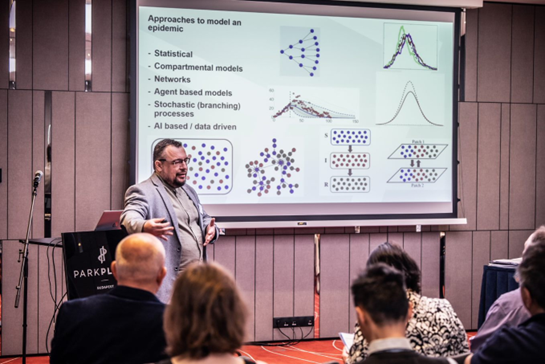
A NATO is figyel a szegedi központú Egészségbiztonság Nemzeti Laboratóriumra
Május végén a NATO Katona-egészségügyi Kiválósági Központja a COVID-19 pandémia tanulságairól szervezett magas szintű találkozót, ahol számos tábornok mellett részt vett többek Martin Bricknell, a
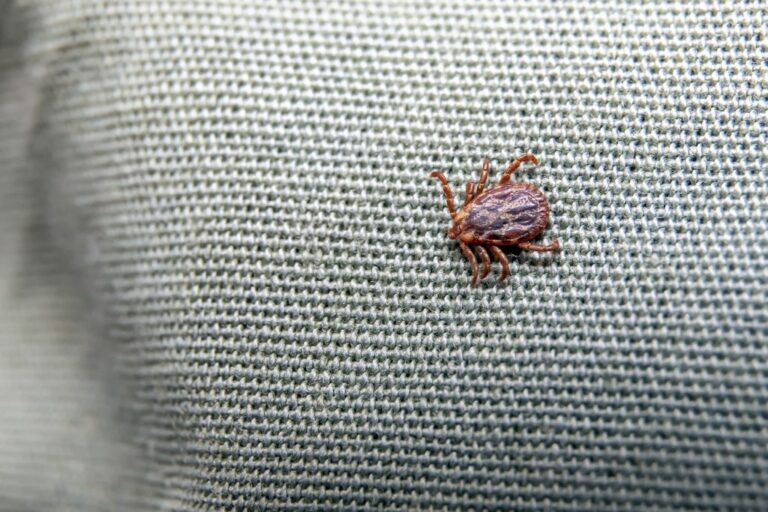
Many ticks in gardens, how can we protect ourselves?
The journalist of 24.hu talked to Dr. Gábor Földvári, who strengthens the Centre for Eco-Epidemiology of ENL, about the increasing number of ticks and how to protect against them.
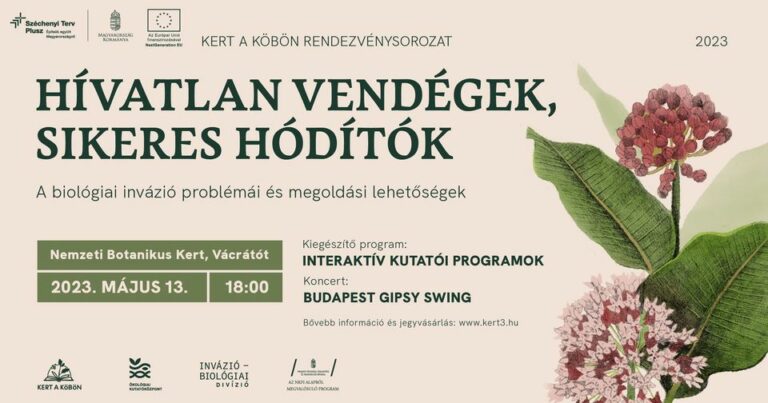
Hívatlan vendégek, sikeres hódítók: Kultúra – Ökológia – Botanika: Kert a köbön Est
Az idegenhonos fajok megjelenése, megtelepedése Magyarországon is számtalan ökológiai, gazdasági és társadalmi konfliktus forrása. A betelepülő fajok sok esetben invázióra és az őshonos rendszerek gyors

Escape from the gardens: one of our favourite ornamental plants is becoming an invasive species before our eyes
Ornamental plants are introduced to new habitats when they are planted in gardens, where the maintaince creates the suitable conditions for them. Later, in natural habitats, they can easily occupy open niches by escaping from gardens and become invasive.
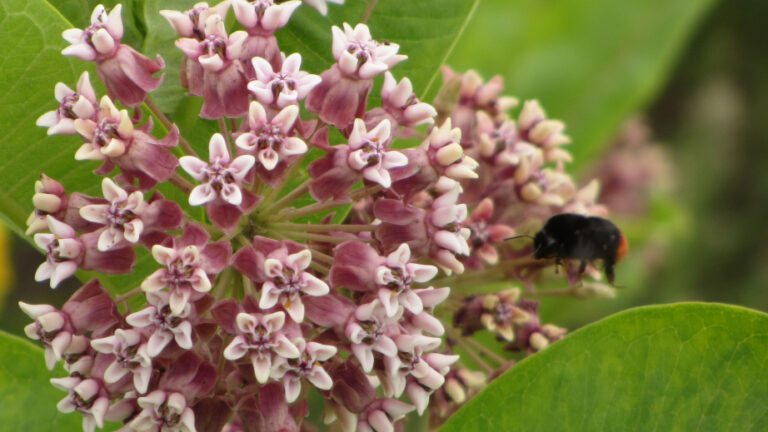
“Invasion of traits” – The multi-level effects of invasion on plant-pollinator communities
Invasive plant species have a negative impact on local fauna, such as pollinating insects, by transforming vegetation and decreasing floral resources. In three recent studies,
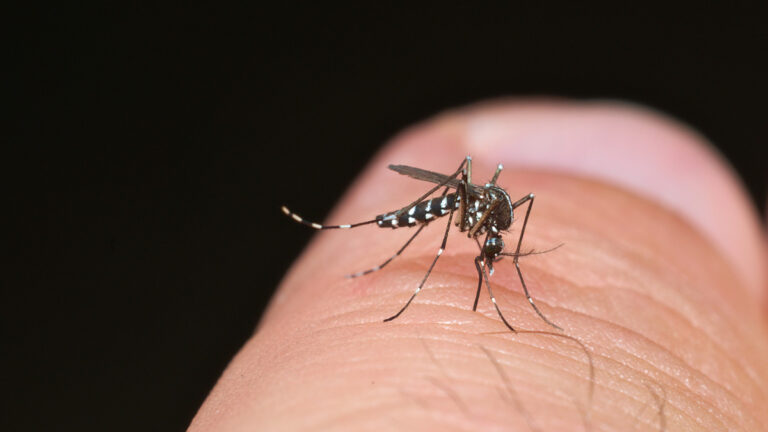
How can citizen science data be used to answer scientific questions?
In a new study, the Mosquito Monitor Group has used a model-based approach to demonstrate that so-called “citizen science” data collected with the public’s participation can be used to draw scientific conclusions. By “citizen science”
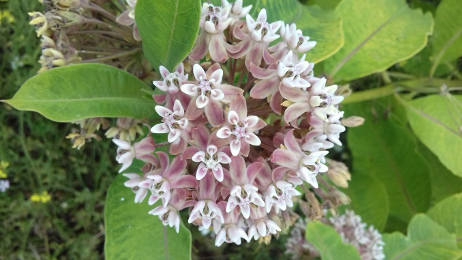
Control of an invasive plant, the common milkweed (Asclepias syriaca)
Short-term effects of control of the invasive plant (Asclepias syriaca L.): secondary invasion of neophyte plants instead of regeneration of native species. In this study,
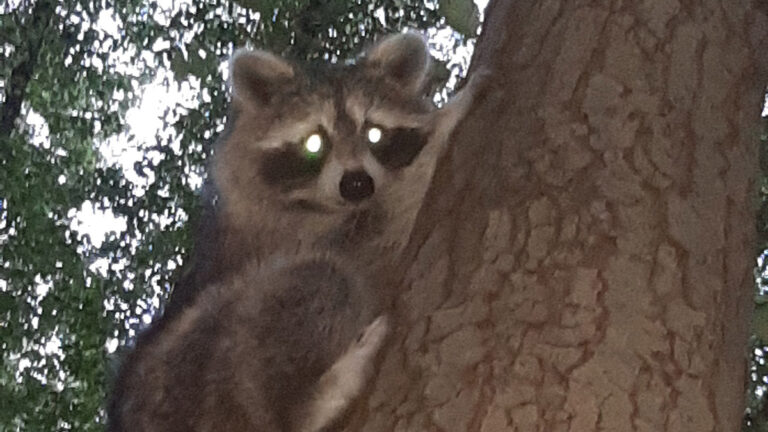
Raccoon problems: European researchers met
The raccoon (Procyon lotor) is an alien species that is widespread in mainland Europe (e.g., France, Belgium, Germany, Poland). Populations originated from escaped pets and introductions. The raccoon is already confirmed in the fauna of Hungary.
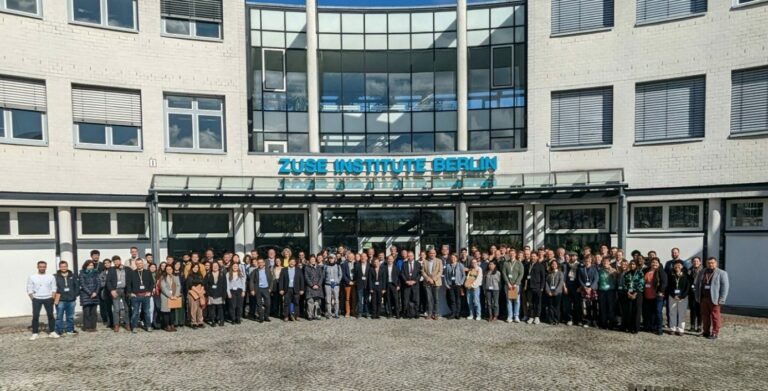
MONID 2023
Március végén több mint 100 német modellező gyűlt össze Berlinben az 1. Országos Német Járványmodellezési Konferencián. Az esemény egyben a MONID nevű német kutatóhálózat nyitórendezvénye

Effectively predict future epidemics
Dr. Gergely Röst, mathematician at the University of Szeged, and scientific director of the National Laboratory for Health Security, was interviewed by National Geographic.
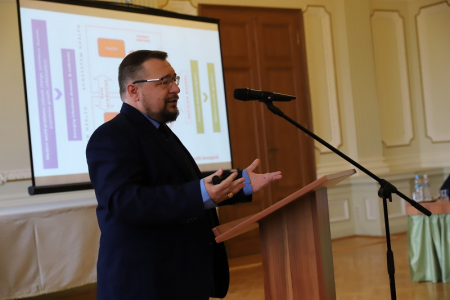
Dr. Gergely Röst mathematician (SZTE) on the plans of the National Laboratory for Health Security
For the first time, the National Laboratory for Health Security, a consortium of 15 higher education and research institutions led by the University of Szeged, was presented at the SZTE Innovation Day. SZTE-Info...

Introducing the National Laboratory for Health Security
The National Laboratory for Health Security is a network of researchers dedicated to predicting and preventing epidemics, mathematical modelling, identifying ecological risks associated with pathogens and invasive species, and analysing digital health data.


